1. Those annoying muscle cramps
 image source: reddit.com
image source: reddit.com
Magnesium plays a crucial role in muscle function and relaxation by regulating calcium levels within muscle cells. A deficiency in magnesium can lead to an imbalance in calcium regulation, resulting in involuntary muscle contractions known as cramps or spasms. These cramps can occur in various muscle groups, such as the legs, arms or abdomen.
2. Tremors or shaking
 image source: reddit.com
image source: reddit.com
Tremors or shaking movements can occur when there is disruption in the communication between the brain and muscles, often stemming from abnormalities in neurotransmitter activity or muscle contractions. Magnesium deficiency may contribute to tremors by affecting neuromuscular function and exacerbating muscle hyperexcitability.
3. Your eyelids or facial muscles are twitching
 image source: reddit.com
image source: reddit.com
Muscle twitches, including those affecting the eyelids or facial muscles (such as the cheeks or lips), are involuntary contractions of small muscle fibers. While occasional twitching is common and usually harmless, persistent or frequent twitching may indicate an underlying magnesium deficiency.
4. You have restless leg syndrome
 image source: reddit.com
image source: reddit.com
Restless leg syndrome (RLS) is a neurological disorder characterized by uncomfortable sensations in the legs, often described as tingling, crawling, or itching, accompanied by an irresistible urge to move the legs. Magnesium deficiency has been implicated as a potential contributing factor to RLS due to its role in neuromuscular function and muscle relaxation.
5. You have difficulty swallowing
 image source: reddit.com
image source: reddit.com
Inadequate magnesium levels can disrupt the coordination of swallowing muscles, leading to sensations of choking, coughing, or discomfort while eating or drinking. Addressing underlying magnesium deficiency may help improve swallowing function and alleviate associated symptoms, although additional evaluation and treatment may be necessary.
6. You're always clenching your jaw or grinding your teeth
 image source: reddit.com
image source: reddit.com
Bruxism, characterized by the involuntary grinding, clenching, or gnashing of teeth, often occurs during sleep and can lead to dental problems, jaw pain, and headaches. Magnesium deficiency may contribute to bruxism by altering neurotransmitter activity and muscle relaxation. Low magnesium levels can impair the function of neurotransmitters involved in regulating muscle tone.
7. You have very poor coordination and balance
 image source: reddit.com
image source: reddit.com
Coordination and balance are complex processes that involve the integration of sensory information from the inner ear, eyes, and proprioceptive receptors, as well as the coordination of muscle movements by the brain and nervous system. Magnesium plays a vital role in neuromuscular function, including the transmission of nerve signals and the regulation of muscle contraction.
8. You're very sensitive to light or noise
 image source: reddit.com
image source: reddit.com
Sensitivity to light (photophobia) or noise (phonophobia) can manifest as heightened sensitivity or discomfort in response to normal environmental stimuli, such as bright lights, loud sounds, or sudden noises. While sensitivity to light or noise can be associated with various medical conditions or sensory processing disorders, magnesium deficiency may exacerbate these symptoms.
9. You have an irregular heartbeat
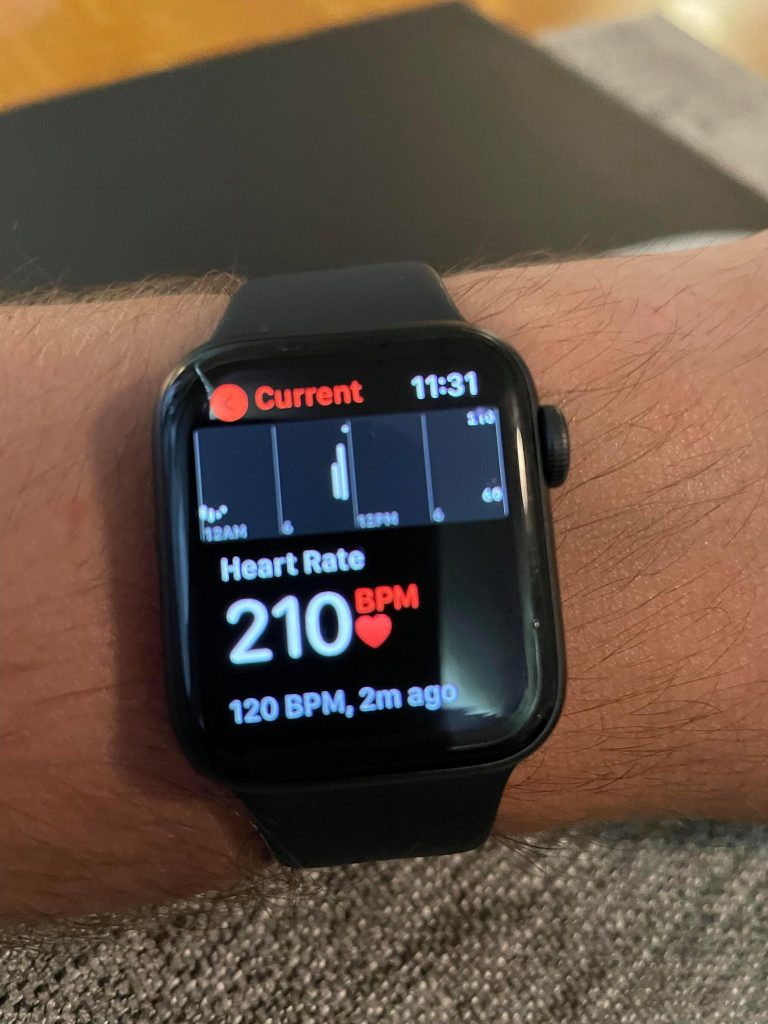 image source: reddit.com
image source: reddit.com
An irregular heartbeat, or arrhythmia, refers to abnormal patterns in the heart's rhythm, which can manifest as skipped beats, rapid heartbeats, or erratic heart rhythms. Magnesium plays a crucial role in maintaining the electrical stability of the heart and regulating the contraction and relaxation of cardiac muscle cells.
10. Weakness in your muscles
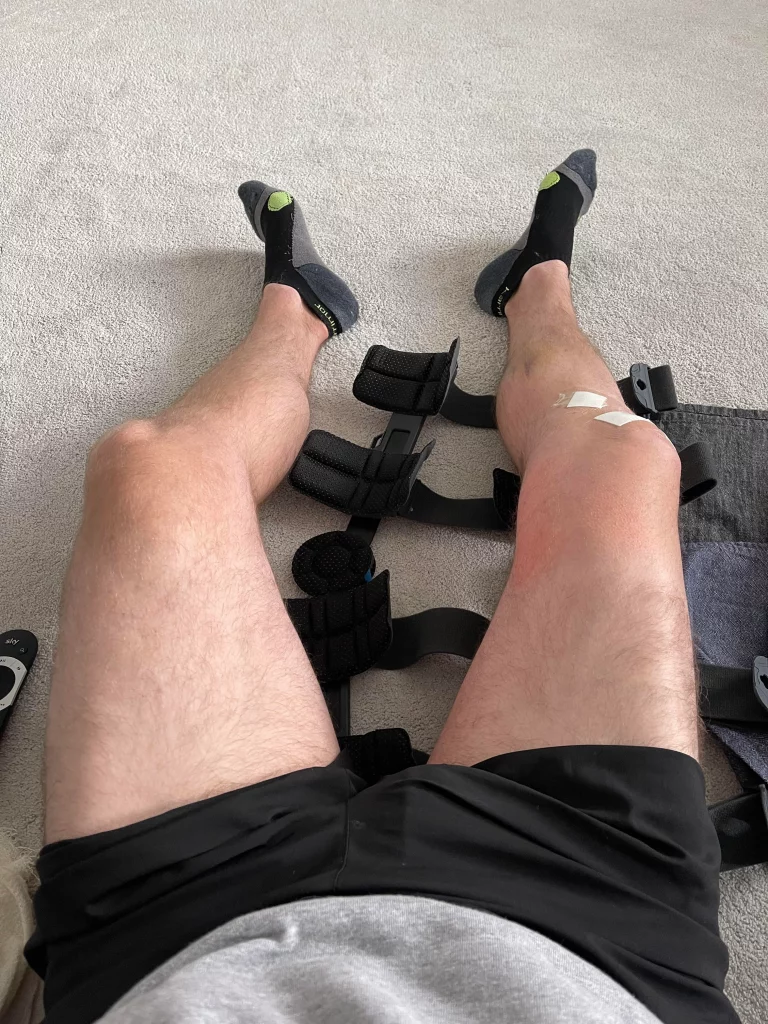 image source: reddit.com
image source: reddit.com
Magnesium is essential for energy metabolism and proper muscle function. Inadequate magnesium levels can impair muscle performance, leading to weakness and fatigue. Without sufficient magnesium, the body may struggle to produce ATP (adenosine triphosphate), the primary energy currency of cells, which can result in decreased muscle strength and endurance.
11. You have high blood pressure
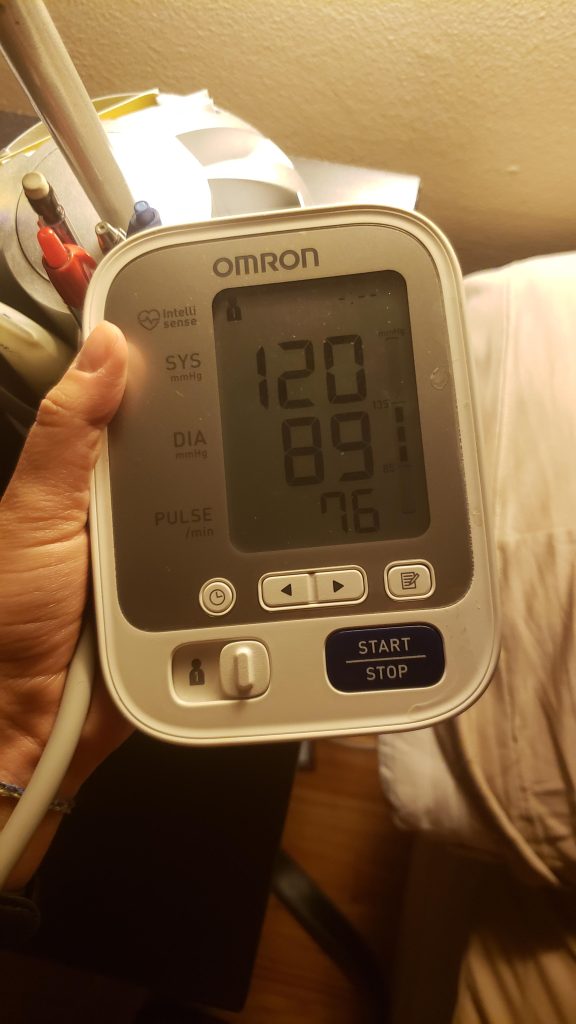
image source: reddit.com
Hypertension, or high blood pressure, is a common cardiovascular condition characterized by elevated blood pressure levels persistently exceeding normal ranges. Magnesium plays a critical role in regulating blood pressure by modulating vascular tone, promoting vasodilation, and maintaining electrolyte balance.
12. You're experiencing chest pain
 image source: reddit.com
image source: reddit.com
Chest pain, also known as angina, is a common symptom of various cardiovascular conditions, including coronary artery disease, myocardial infarction (heart attack), or angina pectoris. While chest pain can have multiple underlying causes, magnesium deficiency may exacerbate its occurrence by affecting cardiac muscle function.
13. You suffer from anxiety
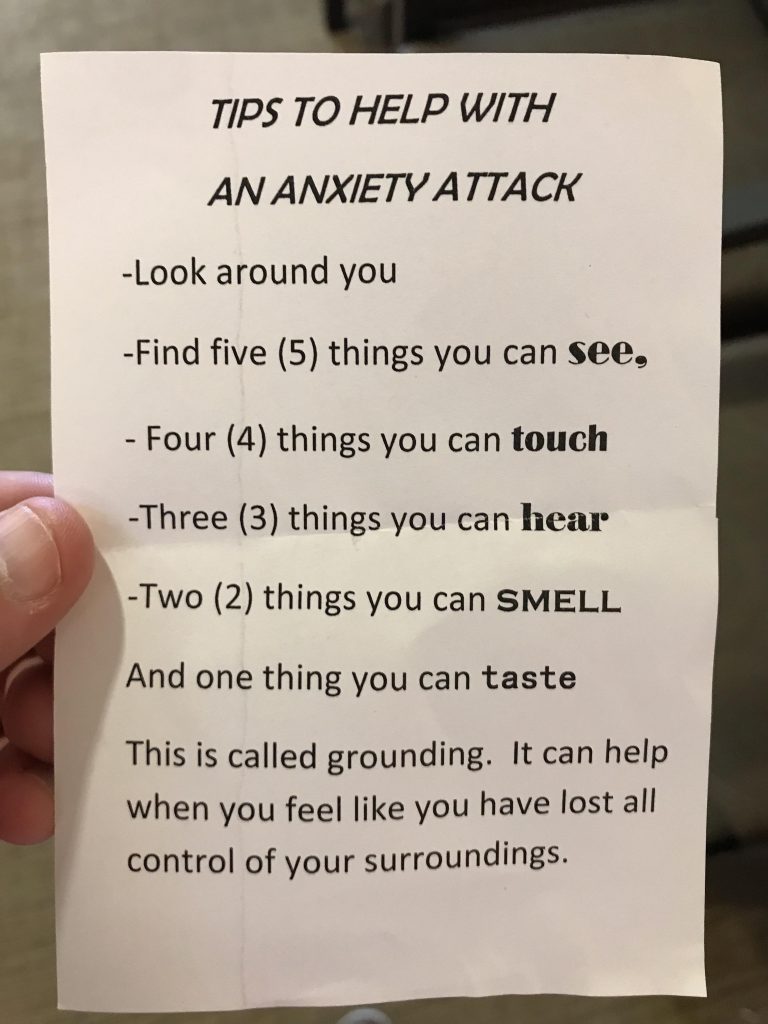 image source: reddit.com
image source: reddit.com
Anxiety is a common mental health condition characterized by excessive worry, fear, or nervousness, often accompanied by physical symptoms such as restlessness, palpitations, or muscle tension. While anxiety can have multiple causes, including genetic, environmental, and psychological factors, magnesium deficiency may contribute to its occurrence by affecting neurotransmitter function.
14. You have depression
 image source: reddit.com
image source: reddit.com
Depression is a common mood disorder characterized by persistent feelings of sadness, hopelessness, or loss of interest in activities, accompanied by changes in sleep, appetite, energy levels, and cognitive function. While depression can have multifaceted causes, lack of magnesium may actually make it more likely to have.
15. Your muscles feel very stiff or tight
 image source: reddit.com
image source: reddit.com
Magnesium deficiency can contribute to muscle stiffness or tightness by impairing the normal process of muscle relaxation. Adequate magnesium levels are essential for regulating the activity of calcium ions, which play a key role in muscle contraction and relaxation. When magnesium levels are low, calcium ions may accumulate within muscle cells.
16. You have a rapid heartbeat
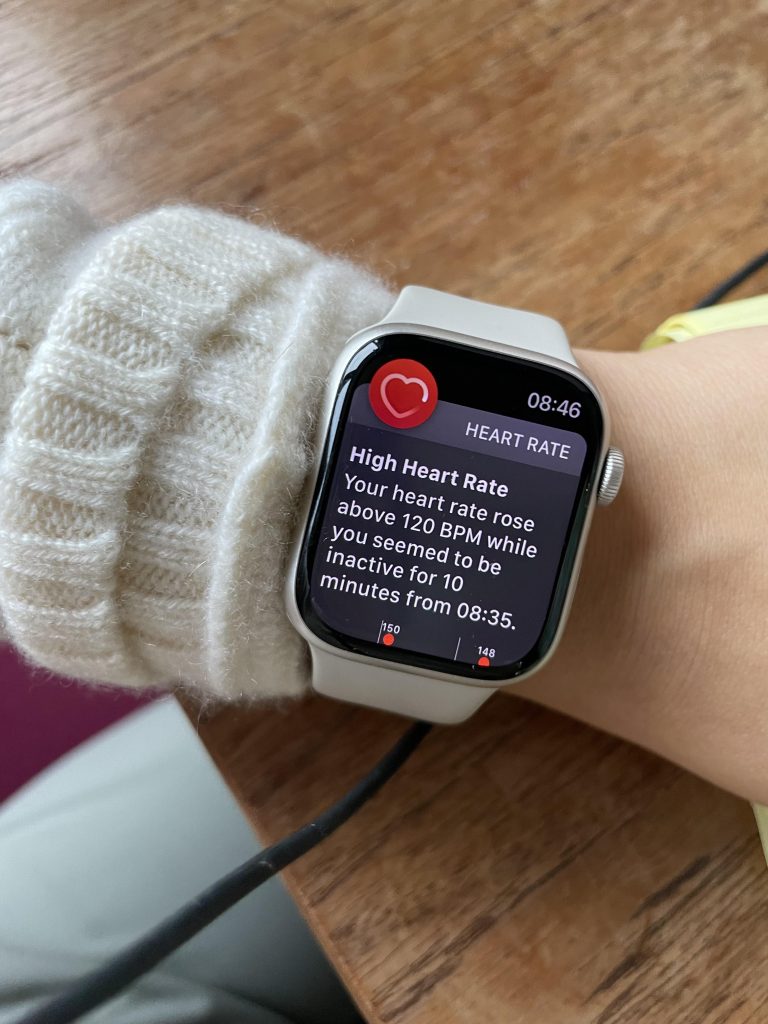 image source: reddit.com
image source: reddit.com
Tachycardia refers to a rapid heartbeat, typically defined as a heart rate exceeding 100 beats per minute at rest. While tachycardia can occur in response to various stimuli, including exercise, stress, or fever, magnesium deficiency may contribute to its occurrence by altering cardiac muscle function and electrical conduction. Magnesium plays a crucial role in maintaining the normal rhythm and rate of the heartbeat.
17. You're extremely irritable

image source: reddit.com
Individuals with magnesium deficiency may experience persistent feelings of restlessness, impatience, or agitation, which can interfere with daily functioning and relationships. Addressing magnesium deficiency through dietary modifications or supplementation may help reduce irritability symptoms and support emotional well-being.
18. You have panic attacks

image source: youtube.com
Panic attacks are sudden and intense episodes of overwhelming fear or anxiety, accompanied by physical symptoms such as rapid heartbeat, chest pain, shortness of breath, dizziness, and trembling. While panic attacks can have many other causes, magnesium deficiency may be a factor.
19. You experience heart palpitations
 image source: reddit.com
image source: reddit.com
Palpitations are sensations of rapid, pounding, or fluttering heartbeats that may be felt in the chest, throat, or neck. Palpitations can occur for various reasons, including stress, anxiety, or caffeine consumption, but magnesium deficiency may also be a cause due to its role in regulating cardiac muscle function and electrical conduction.
20. You're constantly battling mood swings

image source: reddit.com
Individuals with magnesium deficiency may experience unpredictable changes in mood, ranging from euphoria to despair, which can impact their relationships, work performance, and overall quality of life. Addressing magnesium deficiency through dietary modifications or supplementation may help stabilize mood.
21. You're suffering with insomnia
 image source: reddit.com
image source: reddit.com
Insomnia is a common sleep disorder characterized by difficulty falling asleep, staying asleep, or achieving restorative sleep, leading to daytime fatigue, irritability, and impaired functioning. While insomnia can be a result of many lifestyle issues, magnesium deficiency may be something to consider.
22. You can't focus or concentrate
 image source: reddit.com
image source: reddit.com
Difficulty concentrating or focusing refers to a cognitive impairment characterized by an inability to sustain attention, maintain mental clarity, or engage in tasks requiring sustained mental effort. Magnesium deficiency may contribute to its occurrence by affecting neurotransmitter function, neuronal excitability, and cerebral blood flow.
23. You have a bad memory
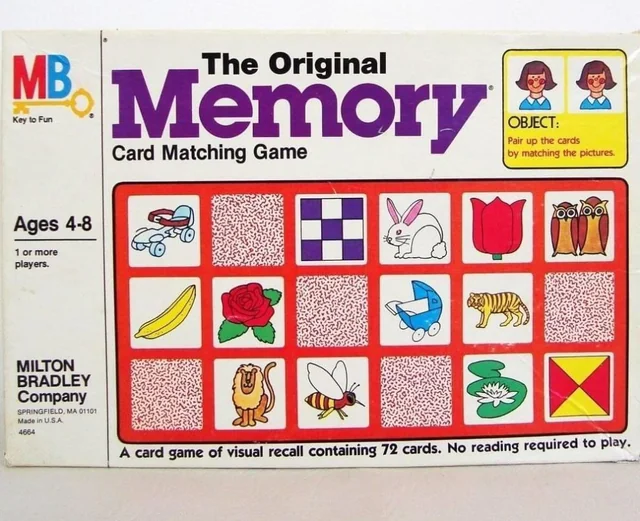 image source: reddit.com
image source: reddit.com
Individuals with magnesium deficiency may experience difficulties with short-term memory, working memory, or episodic memory, which can impact their academic, occupational, and social functioning. Addressing magnesium deficiency through dietary modifications or supplementation may help improve memory function and support cognitive health.
24. You feel nauseous a lot
 image source: reddit.com
image source: reddit.com
Nausea is a distressing sensation often characterized by the urge to vomit, accompanied by feelings of discomfort or queasiness in the stomach or throat. While nausea can be caused by gastrointestinal disorders, infections, motion sickness, or pregnancy, magnesium deficiency may affect gastrointestinal motility, neurotransmitter function, and hormonal regulation.
25. You've lost your appetite
 image source: reddit.com
image source: reddit.com
Loss of appetite, also known as anorexia, refers to a decreased desire or interest in eating, often accompanied by feelings of fullness, aversion to food, or lack of hunger. Individuals with magnesium deficiency may experience reduced appetite, early satiety, or aversion to certain foods, which can result in inadequate nutrient intake and weight loss if left unaddressed.
26. You have abdominal pain or cramps
 image source: reddit.com
image source: reddit.com
Abdominal cramps or pain refer to discomfort or sharp, stabbing sensations localized to the abdomen, often accompanied by bloating, gas, or changes in bowel habits. Addressing magnesium deficiency through dietary modifications or supplementation may help alleviate abdominal pain symptoms and support gastrointestinal health.
27. You never have healthy bowel movements
 image source: reddit.com
image source: reddit.com
Magnesium plays a crucial role in modulating smooth muscle contraction in the gastrointestinal tract and regulating electrolyte transport across cell membranes. Inadequate magnesium levels can disrupt these processes, leading to increased intestinal motility, impaired water absorption, and altered electrolyte balance, which can result in diarrhea or constipation.
28. You have tingling or numbness in your hands and feet

image source: reddit.com
Tingling or numbness in the extremities, such as the hands or feet, refers to abnormal sensations of pins and needles, prickling, or loss of sensation, often accompanied by burning or tingling sensations. Individuals with magnesium deficiency may experience tingling or numbness in the hands, feet, or other extremities, which can interfere with sensation, motor function, and overall mobility.
29. Your skin is dry and itchy
 image source: reddit.com
image source: reddit.com
Dry, itchy skin, also known as xerosis or pruritus, refers to a common dermatological symptom characterized by rough, flaky, or irritated skin, often accompanied by a persistent urge to scratch. Magnesium deficiency may be a cause due to it affecting skin hydration, barrier function, and inflammatory pathways.
30. You suffer with acne
 image source: reddit.com
image source: reddit.com
Individuals with magnesium deficiency may experience persistent or recurrent acne breakouts, particularly in areas prone to oiliness or congestion, such as the face, chest, or back. Addressing magnesium deficiency through dietary modifications or supplementation may help regulate sebum production, reduce inflammation, and improve acne symptoms.
31. You're experiencing hair loss or thinning
 image source: reddit.com
image source: reddit.com
If you have a magnesium deficiency, you may experience progressive hair thinning, shedding, or delayed regrowth, which can impact your appearance, self-esteem, and overall well-being. Addressing magnesium deficiency through dietary modifications or supplementation may help support hair follicle function.
32. Your nails are brittle
 image source: reddit.com
image source: reddit.com
Brittle nails refer to a common nail condition characterized by dry, fragile, or easily breakable nails, often accompanied by peeling, splitting, or ridges. Magnesium supports cellular metabolism, maintaining water balance within nail cells, and regulating the activity of enzymes involved in nail formation and repair. Inadequate magnesium levels can disrupt all this.
33. You're always feeling tired
 image source: reddit.com
image source: reddit.com
While fatigue can have many different causes, including sleep disturbances, stress, medical conditions, or lifestyle factors, magnesium deficiency can contribute by affecting energy metabolism, neuromuscular function, and stress response pathways. Magnesium is there to help with cellular energy production.
34. You experience regular dizziness

image source: reddit.com
Those with a magnesium deficiency may experience recurrent episodes of dizziness, particularly during changes in posture, physical exertion, or stressful situations. By eating more magnesium-rich food, you may help blood flow regulation, to restore neurotransmitter balance, and alleviate dizziness symptoms.
35. You suddenly feel weak during any physical activity
 image source: reddit.com
image source: reddit.com
Weakness during physical activity refers to a decreased ability to exert force or perform exercise-related tasks, often accompanied by feelings of fatigue, heaviness, or diminished muscle strength. Magnesium deficiency can disrupt energy metabolism, further exacerbating fatigue and weakness during physical movement,.
36. You find it very difficult to exercise or go to the gym
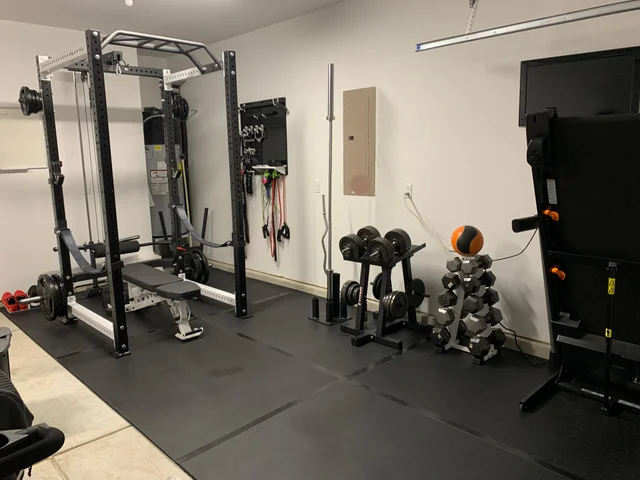 image source: reddit.com
image source: reddit.com
Individuals with magnesium deficiency may experience challenges in sustaining physical activity, achieving fitness goals, or recovering from workouts, which can impact their overall health and well-being. If you want to enhance your athletic performance, you may need to increase your magnesium intake.
37. You have low blood sugar
 image source: reddit.com
image source: reddit.com
Hypoglycemia occurs when blood sugar levels drop below normal ranges, leading to symptoms such as dizziness, weakness, sweating, and confusion. Lack of magnesium may cause this by affecting glucose metabolism, insulin sensitivity, and pancreatic function. That's because magnesium is vital for regulating insulin release from pancreatic beta cells.
38. You can't shift those sugar cravings
 image source: reddit.com
image source: reddit.com
Magnesium deficiency can impair insulin sensitivity and glucose metabolism, leading to fluctuations in blood sugar levels that may trigger cravings for quick sources of energy, such as sugary snacks or beverages. Individuals with magnesium deficiency may experience persistent or intense sugar cravings, which can contribute to unhealthy eating habits, weight gain, and metabolic disturbances.
39. You experience increased thirst or dry mouth
 image source: reddit.com
image source: reddit.com
Increased thirst or dry mouth refers to a persistent sensation of dryness or discomfort in the mouth and throat, often accompanied by a strong urge to drink fluids. While increased thirst can have multiple causes, including dehydration, medication side effects, or certain medical conditions, magnesium deficiency may actually be one of the main causes.
40. You're always needing to pee
 image source: reddit.com
image source: reddit.com
Polyuria refers to an increase in urine volume, frequency, or output, often accompanied by feelings of urgency or discomfort during urination. Magnesium is important for regulating renal sodium and water excretion, maintaining electrolyte balance, and supporting proper fluid distribution within cells and tissues. Inadequate magnesium levels can mean this changes.
41. You suffer from bad headaches or migraines
 image source: fastforwardwomeninphotography.com
image source: fastforwardwomeninphotography.com
While headaches and migraines can have many different causes, including stress, hormonal fluctuations, or neurological disorders, magnesium deficiency may contribute to them happening by affecting neurotransmitter function, vascular tone, and inflammatory pathways.
42. You get vertigo when you stand up too quickly
 image source: reddit.com
image source: reddit.com
People suffering from magnesium deficiency may experience recurrent episodes of vertigo or dizziness upon standing up quickly, which can increase the risk of falls and injuries. Addressing magnesium deficiency through changes in diet or supplementation may help alleviate symptoms of orthostatic hypotension.
43. How to make sure you're getting enough magnesium: eat the right foods
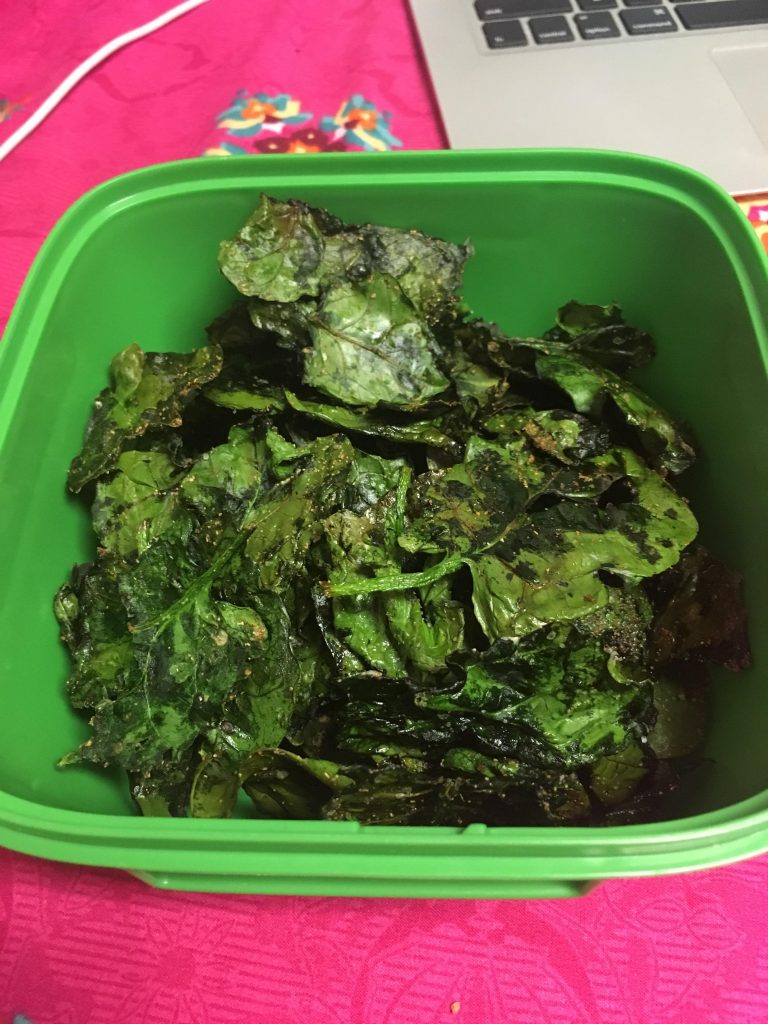 image source: reddit.com
image source: reddit.com
It might be that you don't have enough magnesium-rich food in your diet. Incorporate foods high in magnesium into your diet, such as leafy green vegetables (spinach, kale), nuts and seeds (almonds, pumpkin seeds), legumes (black beans, chickpeas), whole grains (brown rice, quinoa), avocado, bananas, and fatty fish (salmon, mackerel).
44. Consider magnesium supplements if you need to
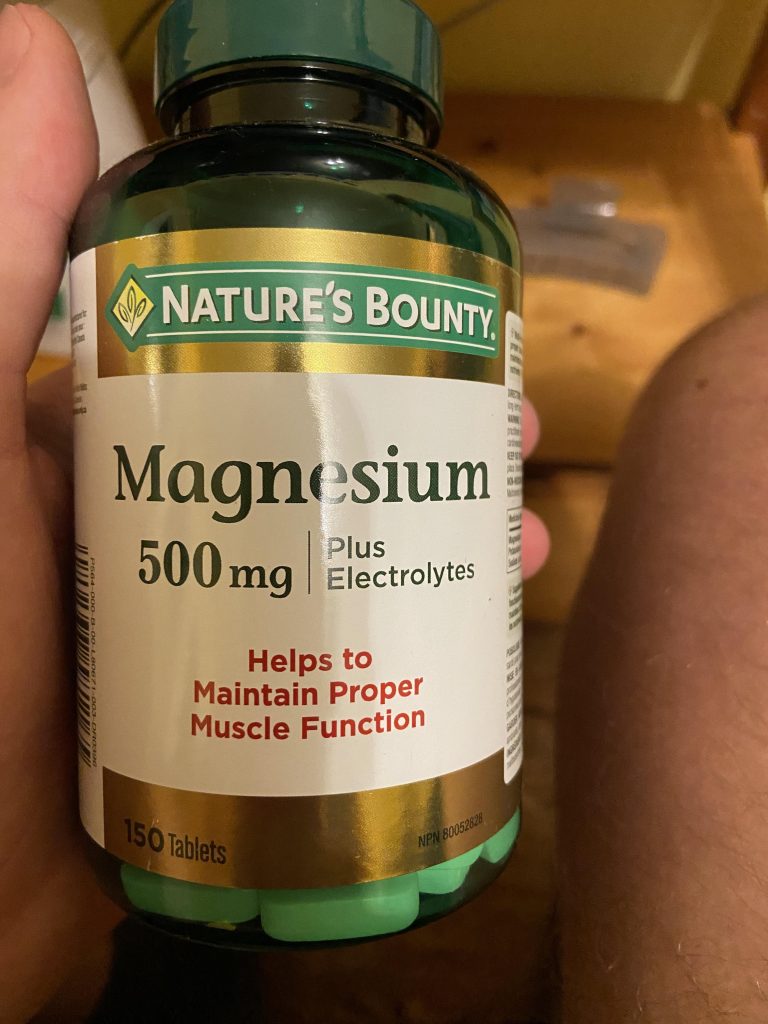 image source: reddit.com
image source: reddit.com
If you have trouble meeting your magnesium needs through diet alone, consider taking magnesium supplements. There are various forms of magnesium supplements available, such as magnesium citrate, magnesium glycinate, and magnesium oxide. Consult with a healthcare professional to determine the right dosage and form for your needs.
45. Apply magnesium oil to your skin

image source: reddit.com
Magnesium oil is a topical solution that can be applied directly to the skin. It is absorbed transdermally, allowing for efficient absorption of magnesium into the body. You can apply magnesium oil to areas with muscle cramps or soreness, or simply spray it onto your skin daily as part of your routine.
46. Use cooking methods that retain magnesium content
 image source: reddit.com
image source: reddit.com
When preparing food, opt for cooking methods that help retain magnesium content. Steaming or sautéing vegetables instead of boiling them can help preserve magnesium levels. If you're cooking foods that are high in magnesium, it's important to be cooking them in the right way to keep that level.
47. Limit things that actually deplete magnesium
 image source: reddit.com
image source: reddit.com
Certain substances can deplete magnesium levels in the body, such as caffeine, alcohol, and excess sugar. Limiting your intake of these substances can help maintain adequate magnesium levels. You might not have realized that those sugary snacks or third coffee of the day was actually limiting your magnesium, too.
48. Regularly soak in an epsom salt bath
 image source: reddit.com
image source: reddit.com
Epsom salt, or magnesium sulfate, can be dissolved in warm bathwater for a relaxing soak. Soaking in an Epsom salt bath allows magnesium to be absorbed through the skin, promoting relaxation and potentially increasing magnesium levels in the body. It's a win win if you're already a fan of baths!
49. Look for fortified foods, like cereals
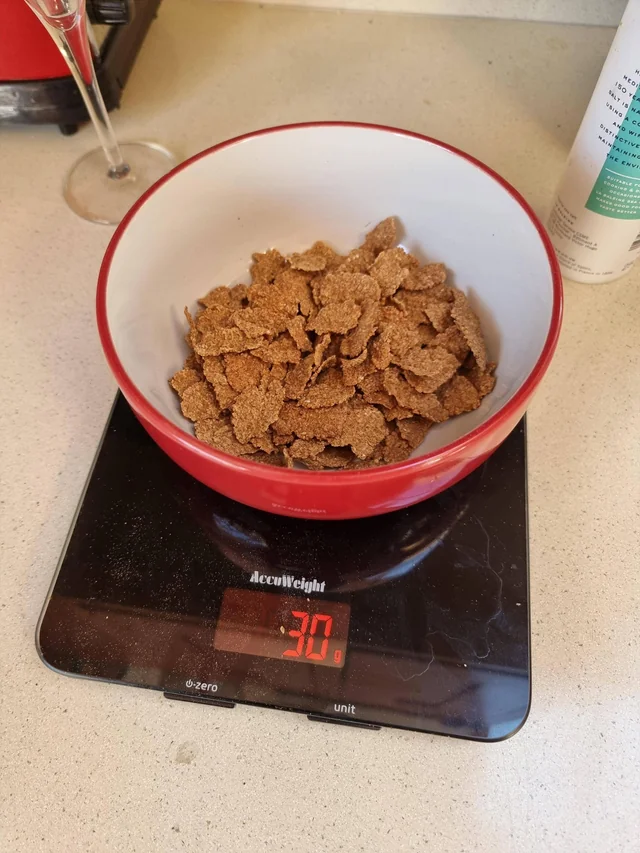 image source: reddit.com
image source: reddit.com
Look for foods that are fortified with magnesium, such as certain breakfast cereals, fortified dairy products, and fortified beverages like almond milk or orange juice. Be sure to check the nutrition labels to determine the magnesium content. Foods like this which are fortified with magnesium can be a great daily choice.
50. Be mindful of medications
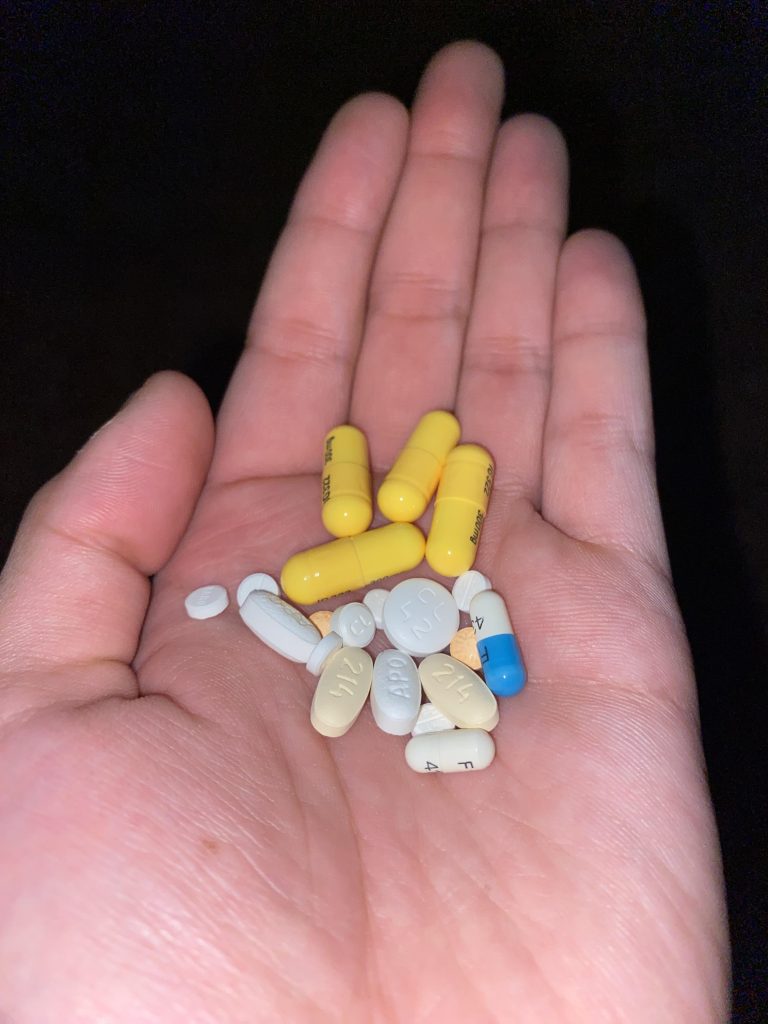 image source: reddit.com
image source: reddit.com
Some medications can interfere with magnesium absorption or increase magnesium excretion from the body. If you are taking medications, especially diuretics or proton pump inhibitors, talk to your healthcare provider about how they may impact your magnesium levels and whether supplementation is necessary.
Here is what to do if you think you have a Magnesium Deficiency... 51. Consult with a healthcare professional for proper diagnosis and guidance

image source: Arrive
Before making any significant changes to your diet or supplementation routine, it's crucial to seek advice from a healthcare provider. They can help confirm whether your symptoms are indeed indicative of a magnesium deficiency and provide tailored recommendations based on your individual health status and needs.
52. Increase your intake of magnesium-rich foods
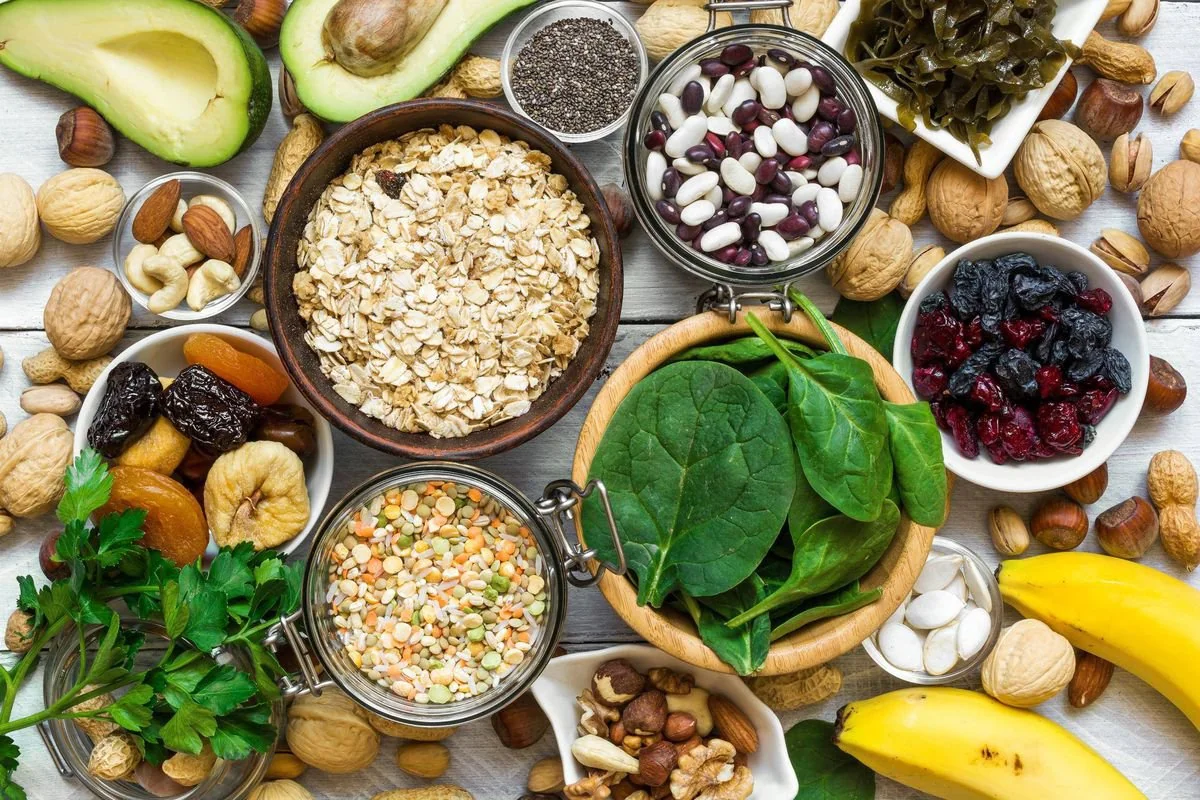
image source: reddit.com
Such as leafy greens (spinach, kale), nuts (almonds, cashews), seeds (pumpkin seeds, sunflower seeds), and whole grains (brown rice, quinoa): Incorporating a variety of magnesium-rich foods into your meals can help boost your intake of this essential mineral. These foods not only provide magnesium but also offer a range of other nutrients important for overall health.
53. Consider taking a magnesium supplement under the guidance of a healthcare provider
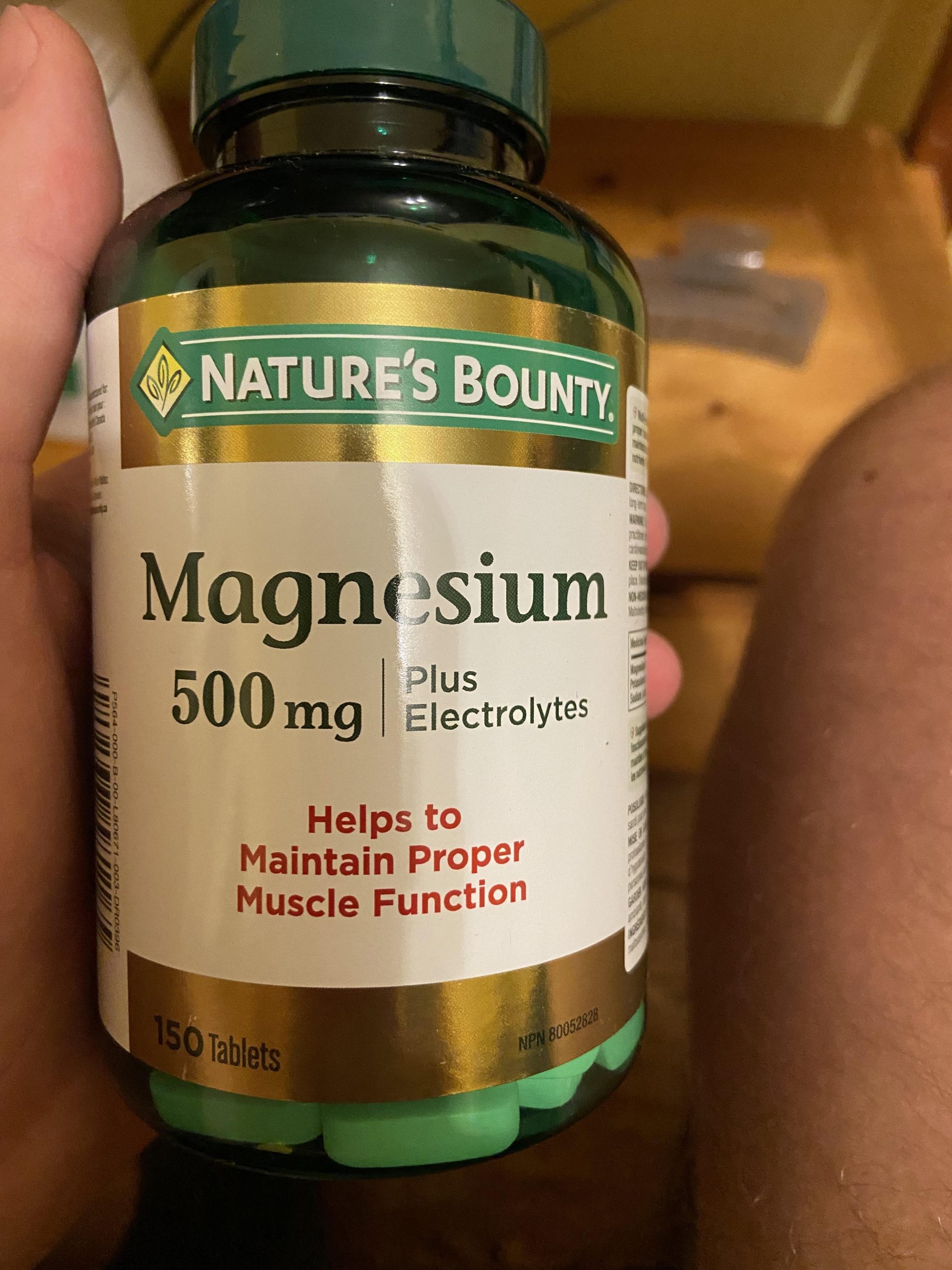
image source: reddit.com
If your magnesium levels are low or if you struggle to meet your daily needs through diet alone, a supplement may be necessary. However, it's important to consult with a healthcare professional to determine the appropriate dosage and form of magnesium for your specific situation.
54. Ensure proper hydration by drinking adequate water throughout the day

image source: Indy100
Hydration is your health's best friend, especially when boosting magnesium intake. Magnesium is a superhero for bodily functions, and it thrives with proper water support. Hit a minimum of eight glasses daily, and watch out for diuretics. Team up magnesium-rich eats with water for max benefits.
55. Reduce consumption of caffeine and alcohol, as they can deplete magnesium levels

image source: reddit.com
Both caffeine and alcohol can increase the loss of magnesium through urine, potentially exacerbating a deficiency. Limiting your intake of these substances can help preserve magnesium levels in the body. You might also find that limiting these two beverages will enrich your life in other ways too!
56. Incorporate magnesium-rich herbs into your diet, such as basil, parsley, and coriander
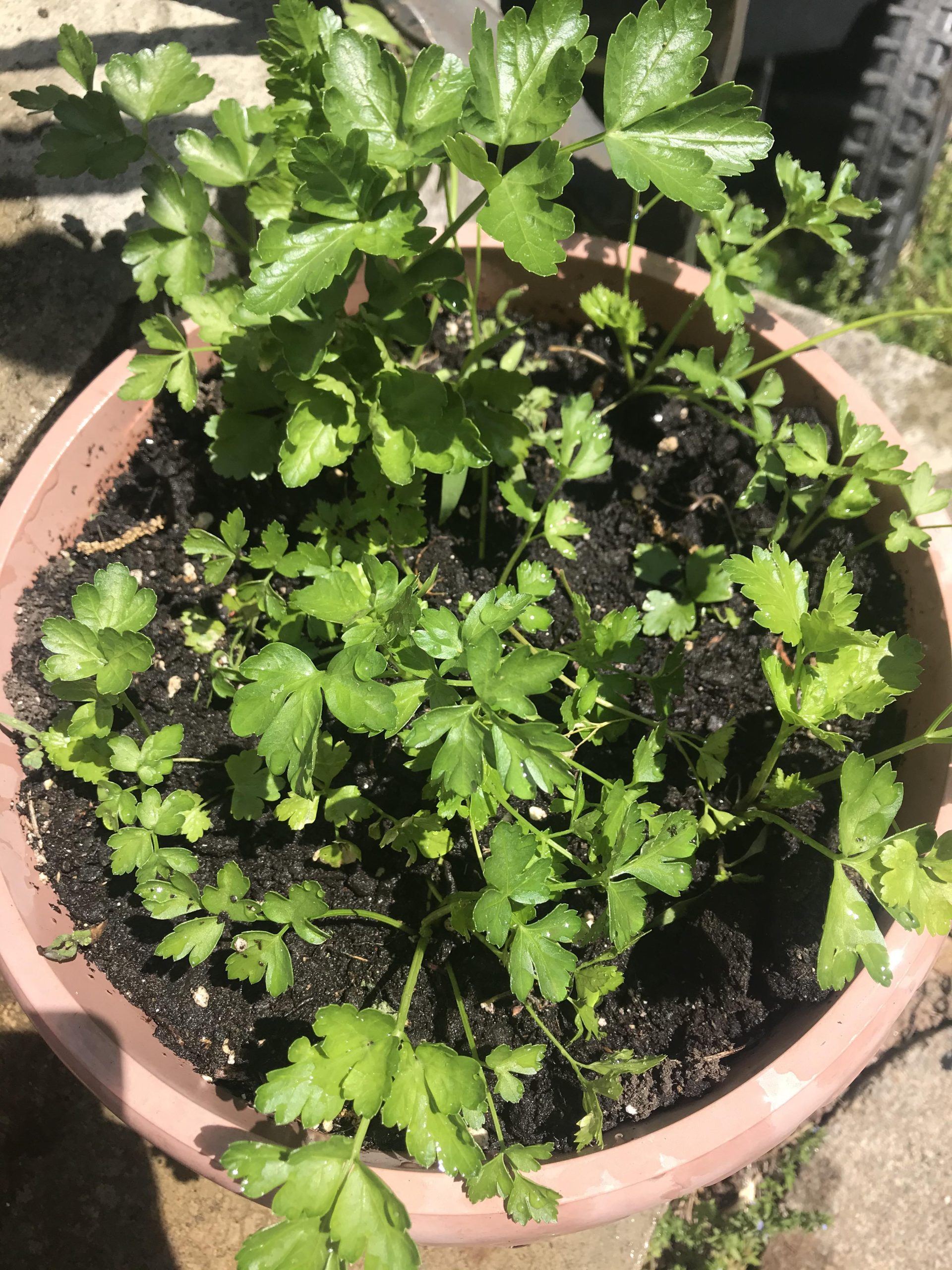
image source: reddit.com
Herbs and spices are not only flavorful additions to meals but can also contribute to your magnesium intake. Adding herbs like basil, parsley, and coriander to your dishes is an easy way to boost your magnesium levels naturally.
57. Consume more legumes such as beans, lentils, and chickpeas, which are good sources of magnesium

image source: reddit.com
Legumes are versatile and nutritious staples that can help you meet your magnesium needs. Incorporate a variety of beans, lentils, and chickpeas into your meals to increase your magnesium intake.
58. Add more fruits like bananas, avocados, and figs to your diet, as they contain magnesium

image source: reddit.com
Fruits not only provide vitamins and fiber but also contribute to your magnesium intake. Enjoying fruits like bananas, avocados, and figs as part of a balanced diet can help support healthy magnesium levels.
59. Consider incorporating magnesium oil into your skincare routine, as it can be absorbed through the skin
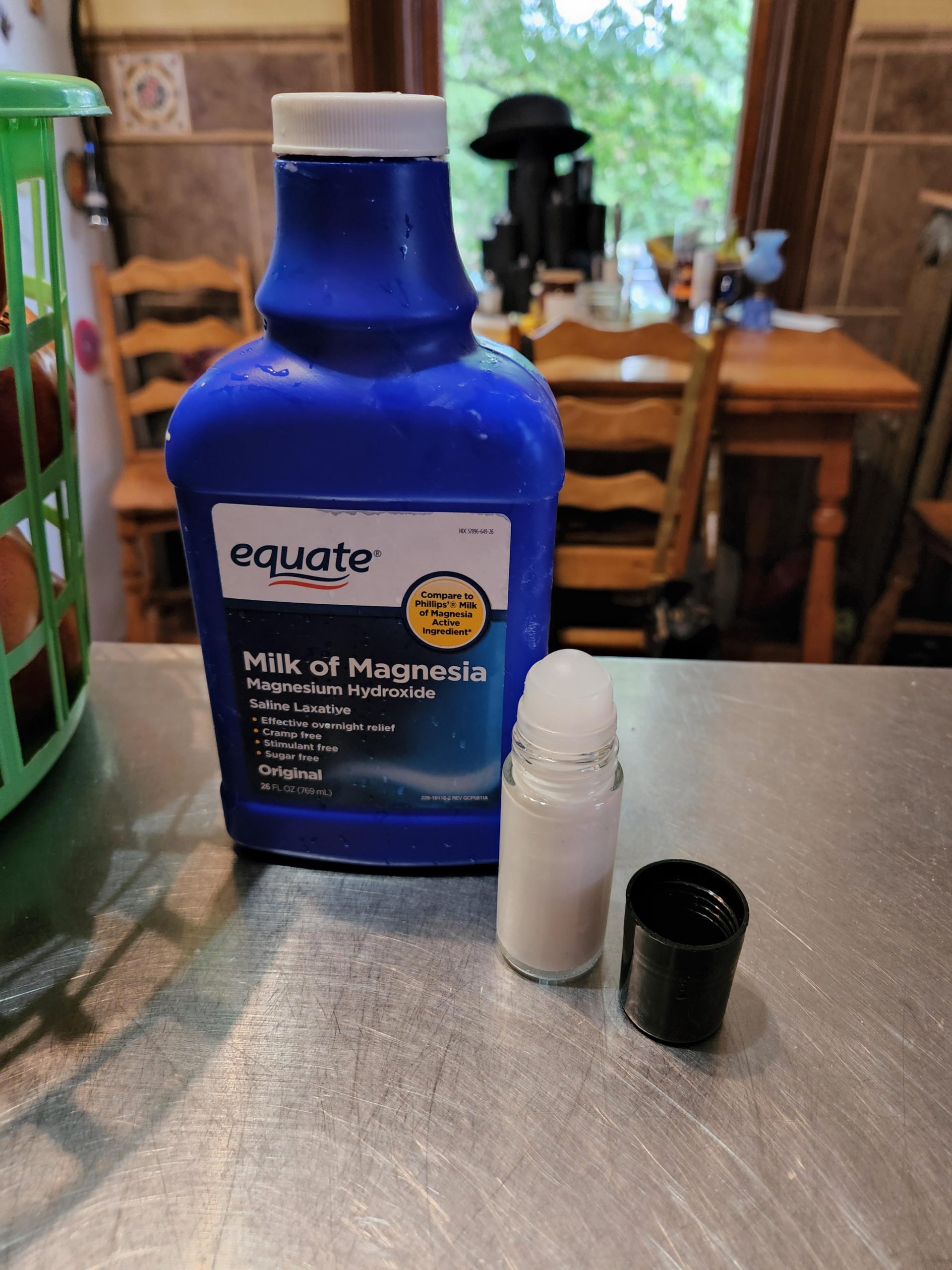
image source: reddit.com
This feels like a pretty obvious way to increase your magnesium intake if you're deficient, but magnesium oil, which is actually a concentrated solution of magnesium chloride, can be applied topically to the skin. This method allows for transdermal absorption of magnesium, potentially helping to increase levels in the body.
60. Use Epsom salt (magnesium sulfate) in baths to help increase magnesium levels through absorption
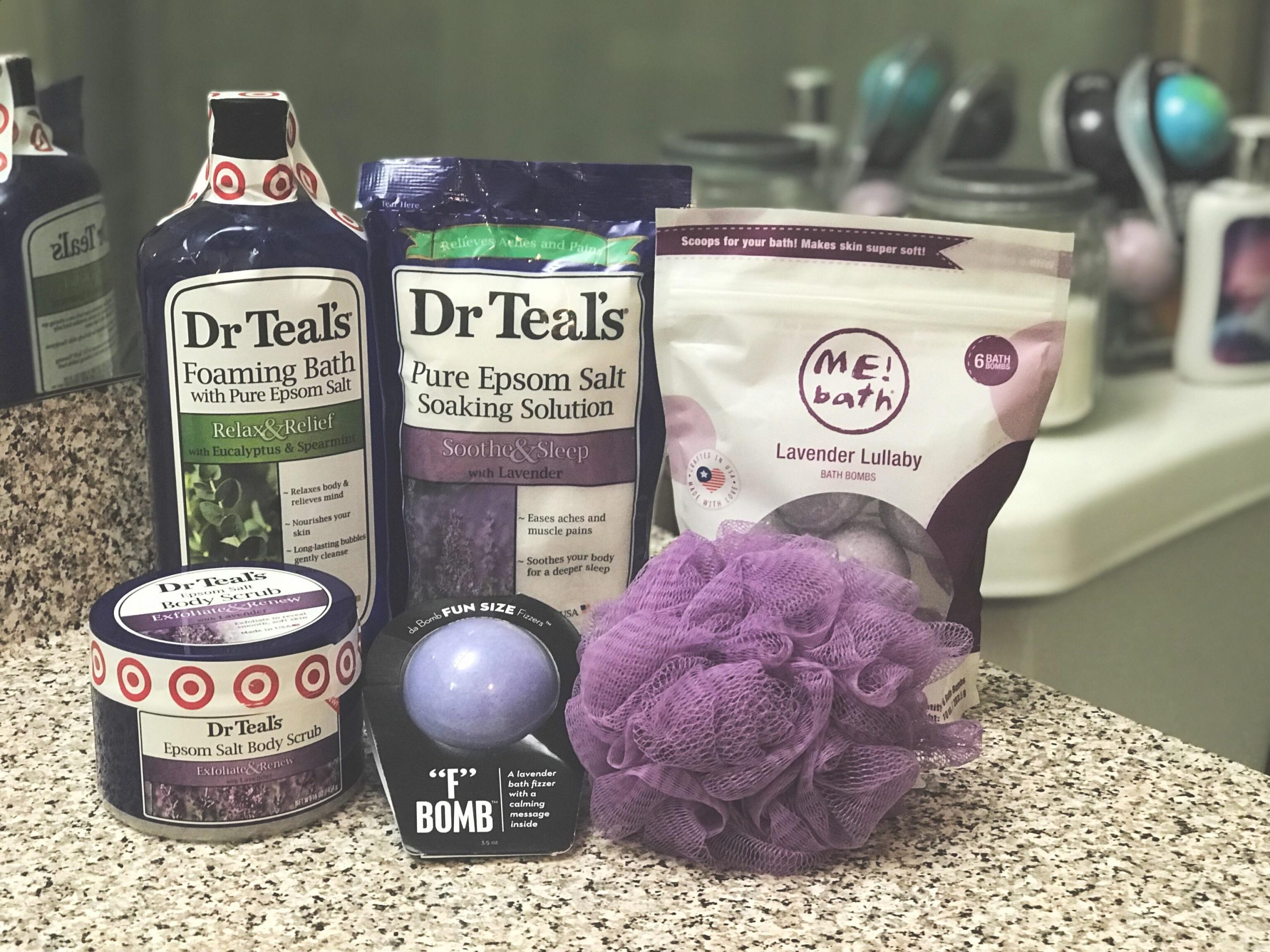
image source: reddit.com
As we already know, absorption through the skin is one of the quickest ways to get magnesium into your skin. Epsom salt baths are a popular method for increasing magnesium levels and promoting relaxation. Simply add Epsom salt to your bathwater and soak for 20-30 minutes to allow for absorption through the skin.
61. Opt for whole, unprocessed foods to maximize your magnesium intake

image source: reddit.com
Whole foods are generally richer in nutrients, including magnesium, compared to processed counterparts. Choosing whole grains, fresh fruits and vegetables, lean proteins, and healthy fats can help ensure you're getting an adequate amount of magnesium in your diet.
62. Limit intake of processed foods, which are often low in magnesium and high in sodium

image source: reddit.com
Processed foods such as pre-packaged snacks, fast food, and sweet, sugary treats often lack magnesium and may even contribute to its depletion due to their high sodium content. Minimize your consumption of these foods to support optimal magnesium levels.
63. Practice stress-reduction techniques such as meditation, deep breathing, or yoga, as stress can deplete magnesium levels

image source: reddit.com
Chronic stress can lead to magnesium depletion in the body, so it's important to incorporate relaxation techniques into your daily routine. Activities like meditation, deep breathing exercises, and yoga can help manage stress and support magnesium balance.
64. Get regular exercise, as physical activity can help regulate magnesium levels in the body
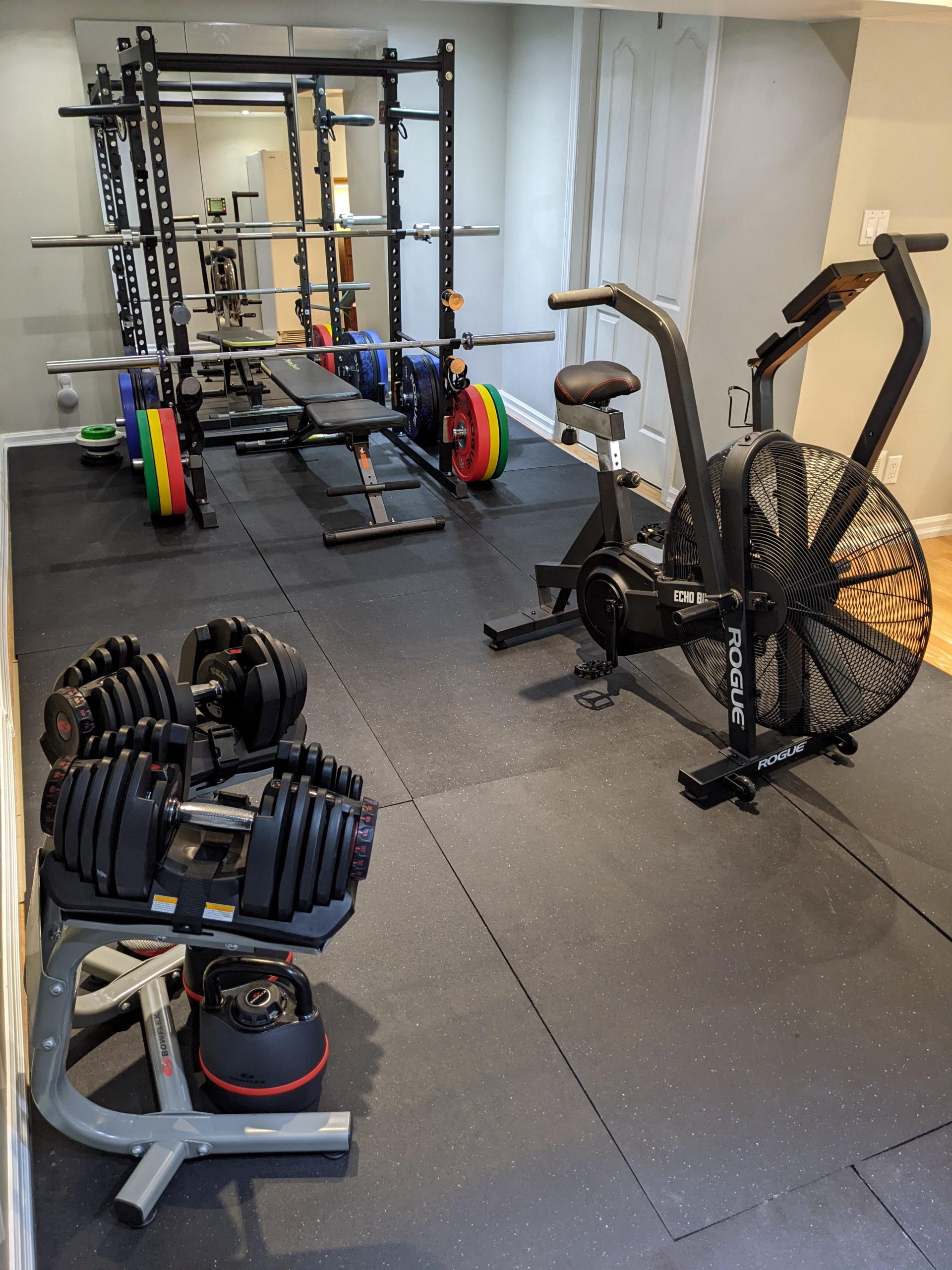
image source: reddit.com
Exercise isn't just a workout; it's a boost for magnesium, too. When you get moving, your muscles become magnesium magnets, pulling it in and spreading the love throughout your body. The key? Mix it up with both cardio and strength training. This dynamic duo not only supports your overall health but also keeps that magnesium balance in check.
65. Consider testing your magnesium levels through blood tests to accurately assess your status

image source: reddit.com
Blood tests can provide valuable information about your magnesium levels and help guide supplementation or dietary adjustments if necessary. Consult with your healthcare provider to determine if testing is appropriate for you, as it might not be necessary.
66. Increase consumption of fatty fish like salmon and mackerel, which contain magnesium

image source: reddit.com
Fatty fish are not only rich in omega-3 fatty acids, but also provide significant amounts of magnesium. Incorporating fish like salmon, mackerel, and trout into your diet can help boost your magnesium intake while supporting heart and brain health, too.
67. Consider using magnesium supplements in various forms such as magnesium glycinate, magnesium citrate, or magnesium oxide

image source: reddit.com
Magnesium supplements come in different forms, each with its own absorption rate and potential benefits. Discuss with your healthcare provider to determine which form of magnesium supplement is best suited for your needs. Remember, what works for you may not work for another, so it's always best to get a second opinion!
68. Be cautious with calcium supplements, as excessive calcium intake can interfere with magnesium absorption
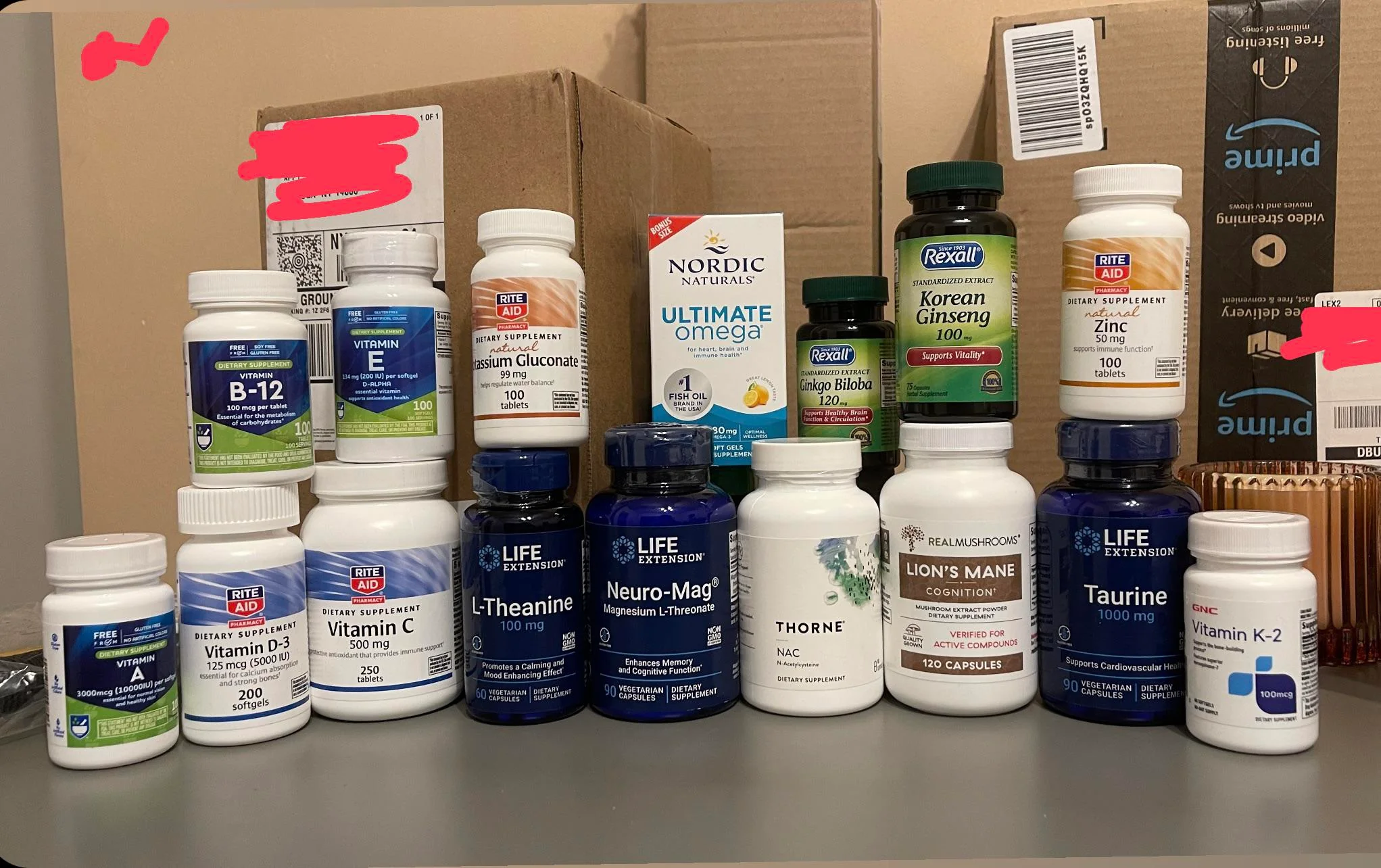
image source: reddit.com
While calcium is important for bone health, consuming too much calcium relative to magnesium can disrupt their balance in the body. Avoid excessive calcium supplementation and ensure a proper balance between calcium and magnesium intake. Go to the doctors office if you're unsure as to whether you're on a good balance!
69. Monitor your symptoms closely and keep a journal of any changes you notice

image source: reddit.com
Pay attention to how you feel and any symptoms you experience, as they may indicate changes in your magnesium status. Keeping a symptom journal can help track improvements or worsening of symptoms over time, and help you identify themes that impact your magnesium levels.
70. Consider incorporating magnesium-rich foods into every meal and snack throughout the day
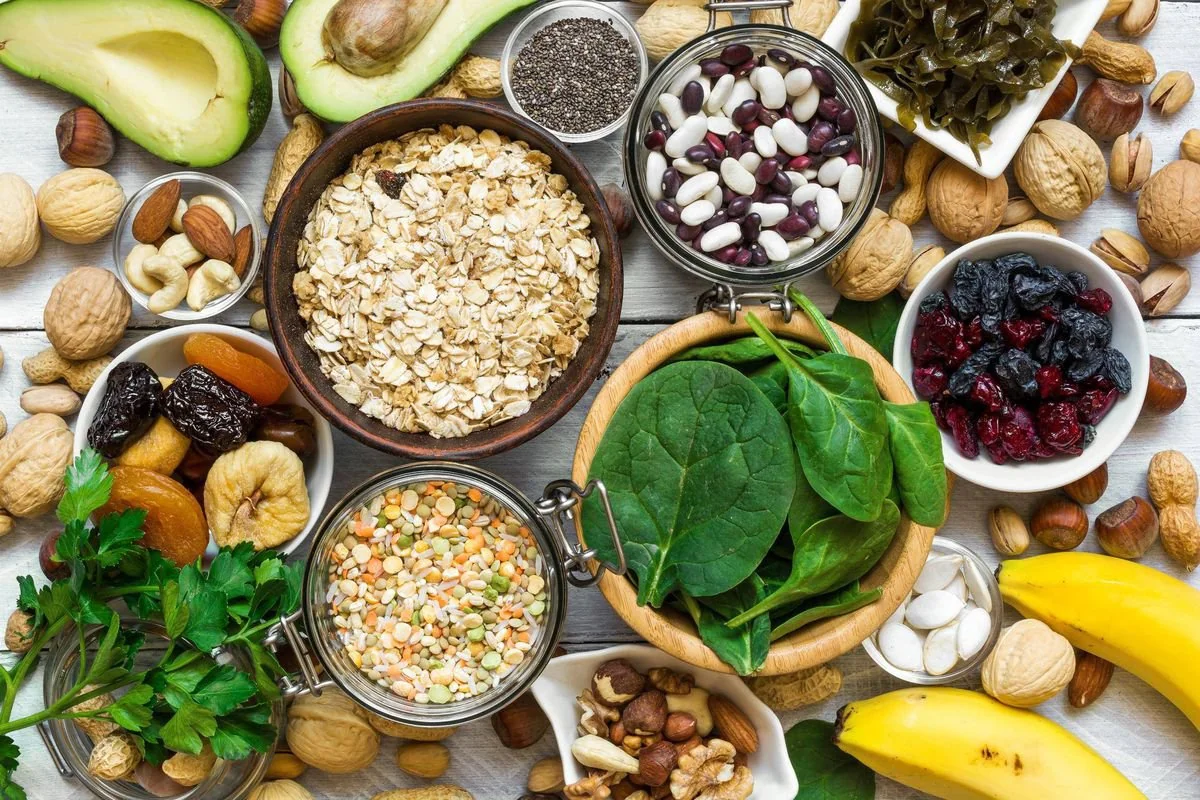
image source: reddit.com
Transforming your eating habits into a magnesium-friendly symphony involves strategically dispersing magnesium-rich foods throughout your daily culinary lineup. Instead of concentrating them in a single meal, consider weaving sources of this essential mineral into each culinary creation. This thoughtful approach ensures a continuous supply of magnesium, maintaining consistent levels throughout the day.
71. Avoid excessive intake of sugary foods and beverages, as they can interfere with magnesium absorption

image source: reddit.com
A high intake of sugary foods and drinks can disrupt magnesium absorption and contribute to its depletion in the body. Opt for whole foods and beverages without added, artificial sugars to support optimal magnesium levels... as much as it may pain you to do so!
72. Experiment with magnesium-rich recipes to make incorporating these foods more enjoyable

image source: Grassrootshealth
Explore new recipes that feature magnesium-rich ingredients to add variety to your diet and make meeting your magnesium needs more enjoyable. Get creative in the kitchen with dishes that include leafy greens, nuts, seeds, and whole grains. If you're not confident in the kitchen, there's always time to learn!
73. Ensure adequate intake of vitamin D, as it plays a role in magnesium absorption
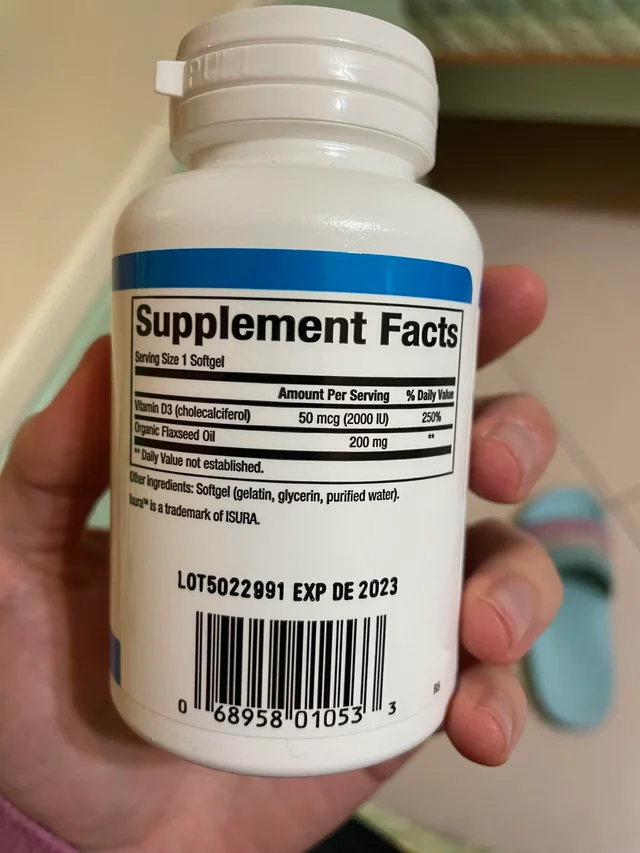
image source: reddit.com
Vitamin D helps facilitate the absorption of magnesium in the intestines, so maintaining adequate levels of vitamin D is important for optimizing magnesium status. Get sunlight exposure or consider taking a vitamin D supplement if needed, especially if you have limited sun exposure.
74. Be aware of medications that can deplete magnesium levels, such as diuretics and proton pump inhibitors, and discuss alternatives with your healthcare provider if necessary

image source: reddit.com
Certain medications can interfere with magnesium absorption or increase its excretion, leading to deficiencies over time. Talk to your healthcare provider about potential alternatives or adjustments to your medication regimen if you're concerned about magnesium depletion.
75. Eat magnesium-rich foods with sources of vitamin C to enhance absorption, such as bell peppers, strawberries, and citrus fruits

image source: reddit.com
Did you know that combining magnesium-rich foods with sources of vitamin C can enhance the absorption of magnesium in the body? Pair foods like leafy greens, nuts, and seeds with fruits and vegetables high in vitamin C to maximize your nutrient uptake.
76. Avoid excessive consumption of high-fat foods, as they can impair magnesium absorption

image source: reddit.com
High-fat meals can delay gastric emptying and decrease magnesium absorption in the intestines. While healthy fats are an important part of a balanced diet, be mindful of excessive intake, especially in conjunction with magnesium-rich foods or supplements.
77. Consider soaking grains and legumes before cooking to enhance magnesium availability
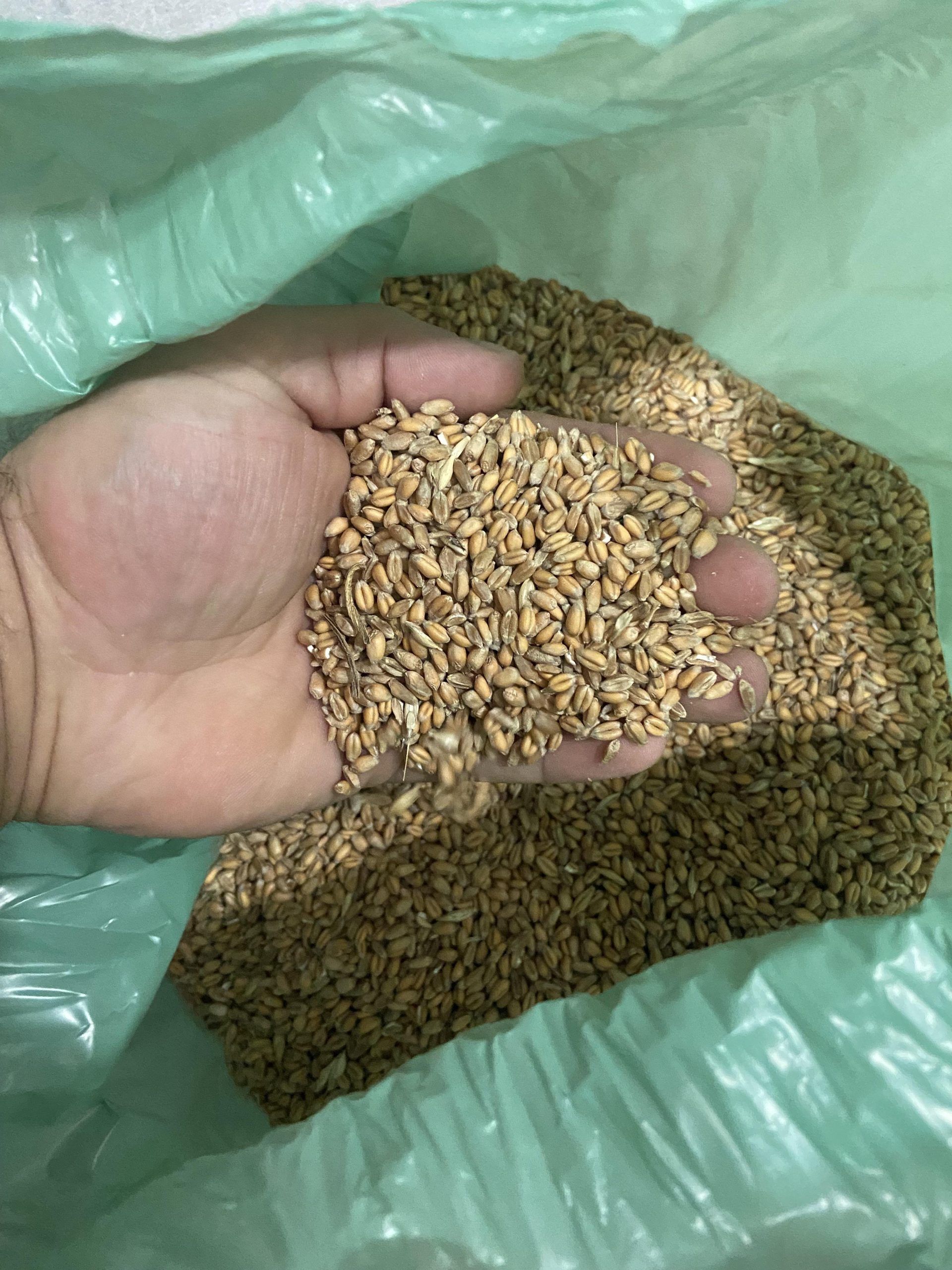
image source: reddit.com
In grains and legumes, there's something called phytic acid that can grab onto magnesium, making it a bit tricky for our bodies to absorb. But, here's a neat trick: soak these foods before cooking. Doing this lowers the phytic acid levels, making it easier for our bodies to grab onto and use the magnesium. So, before you cook up those grains or legumes, give them a good soak to make the most of the magnesium goodness.
78. Be mindful of your magnesium intake...
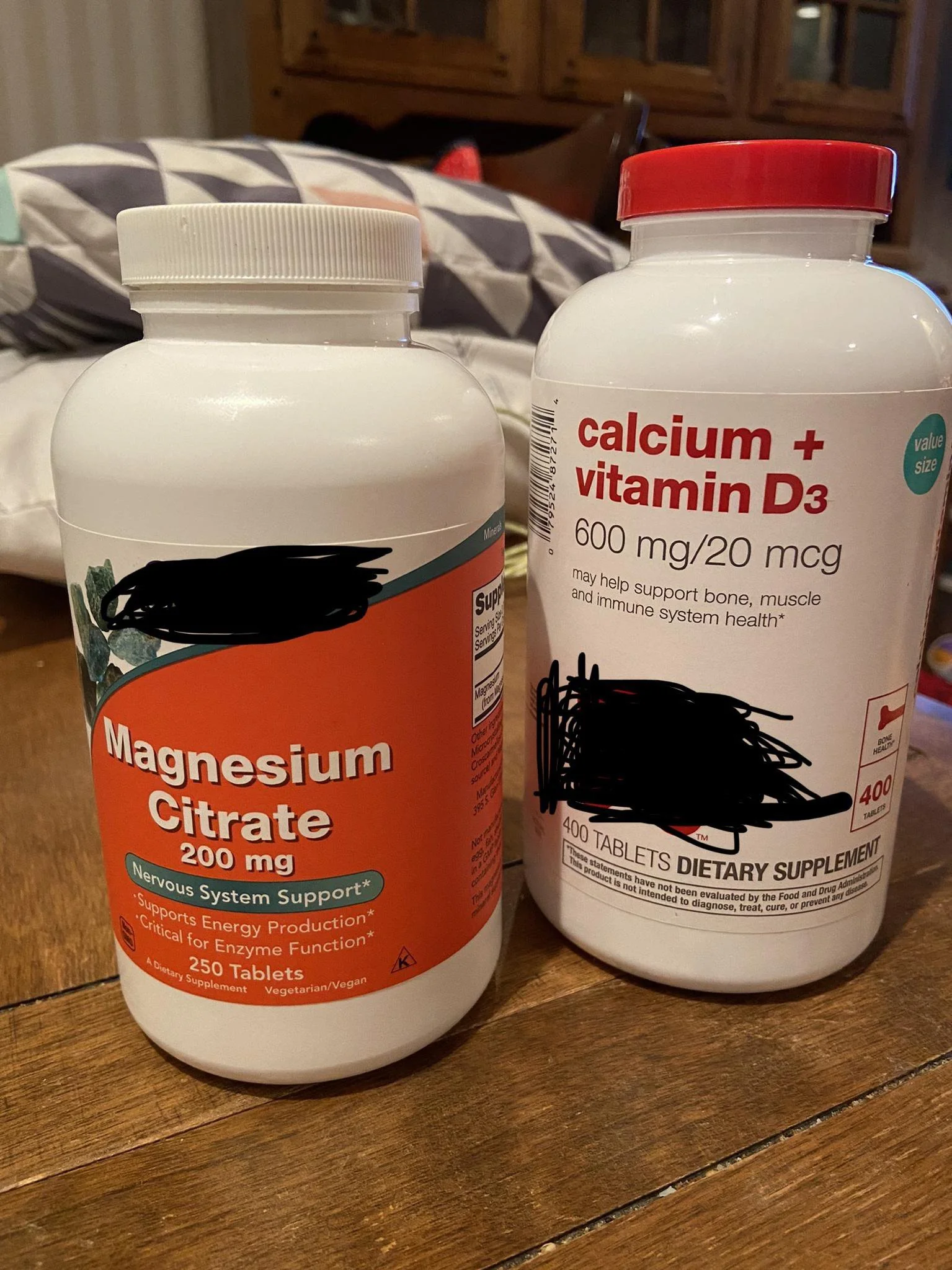
image source: reddit.com
Having conditions like celiac disease or Crohn's disease can throw a wrench into magnesium absorption. These digestive issues mess with the system, making it harder for your body to take in magnesium and other important nutrients. It's like a sneak attack on your nutritional balance. So, if you're dealing with these conditions, keeping an eye on your magnesium levels is crucial to dodge any potential deficiencies.
79. Experiment with magnesium supplements at different times of the day to determine the most effective timing for absorption and symptom relief
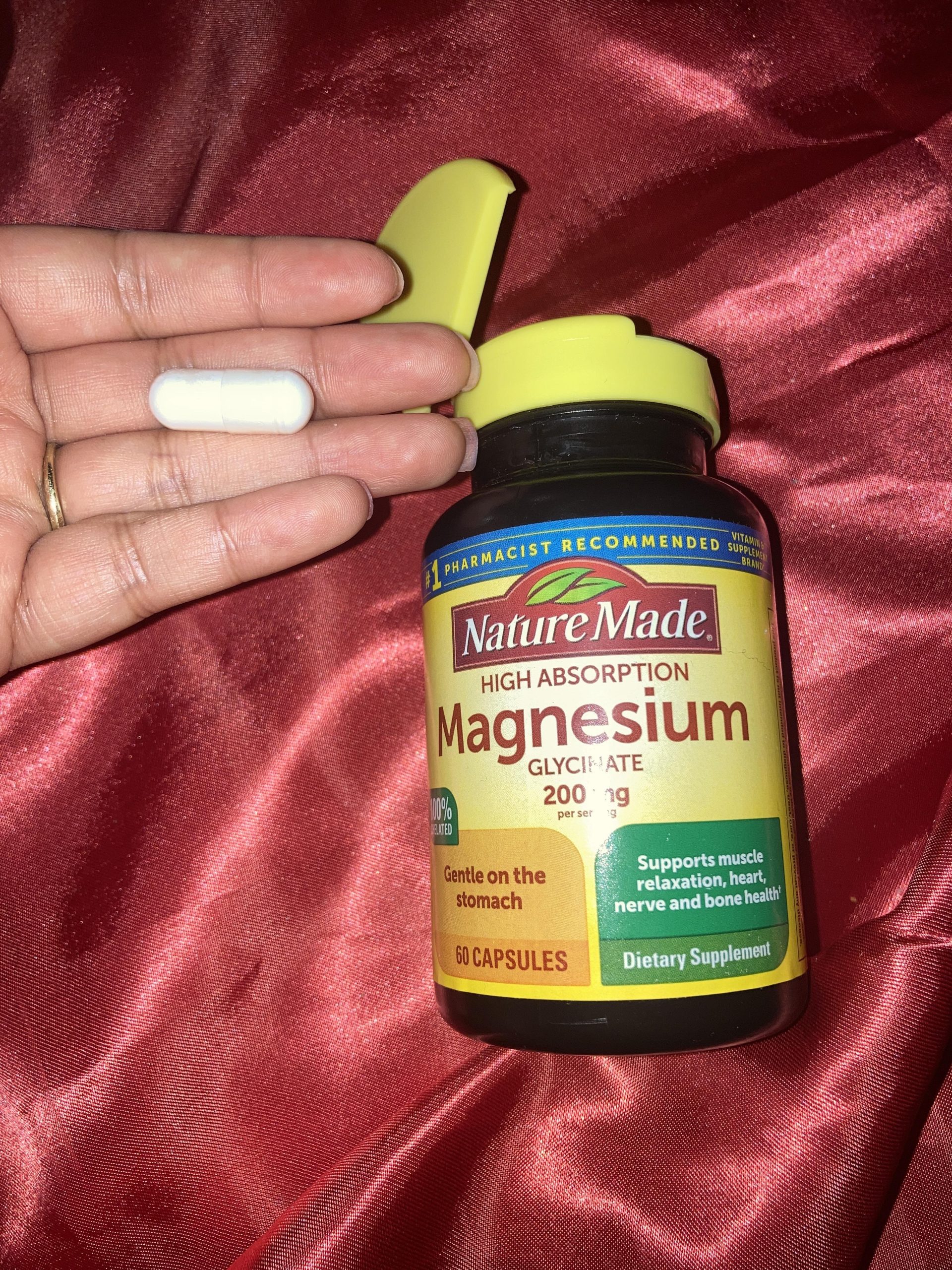
image source: reddit.com
Timing of magnesium supplementation may impact its absorption and effectiveness in alleviating symptoms. Experiment with taking magnesium supplements with meals, between meals, or before bedtime to find the timing that works best for you - you should aim for taking them 12 hours apart.
80. Monitor your magnesium intake if you engage in intense physical activity or sweat heavily

image source: reddit.com
Sweating during vigorous exercise or in hot environments can lead to significant loss of magnesium. If you're physically active or sweat heavily, pay extra attention to your magnesium intake to replenish lost electrolytes and support muscle function.
81. Consider adding magnesium-rich toppings to meals
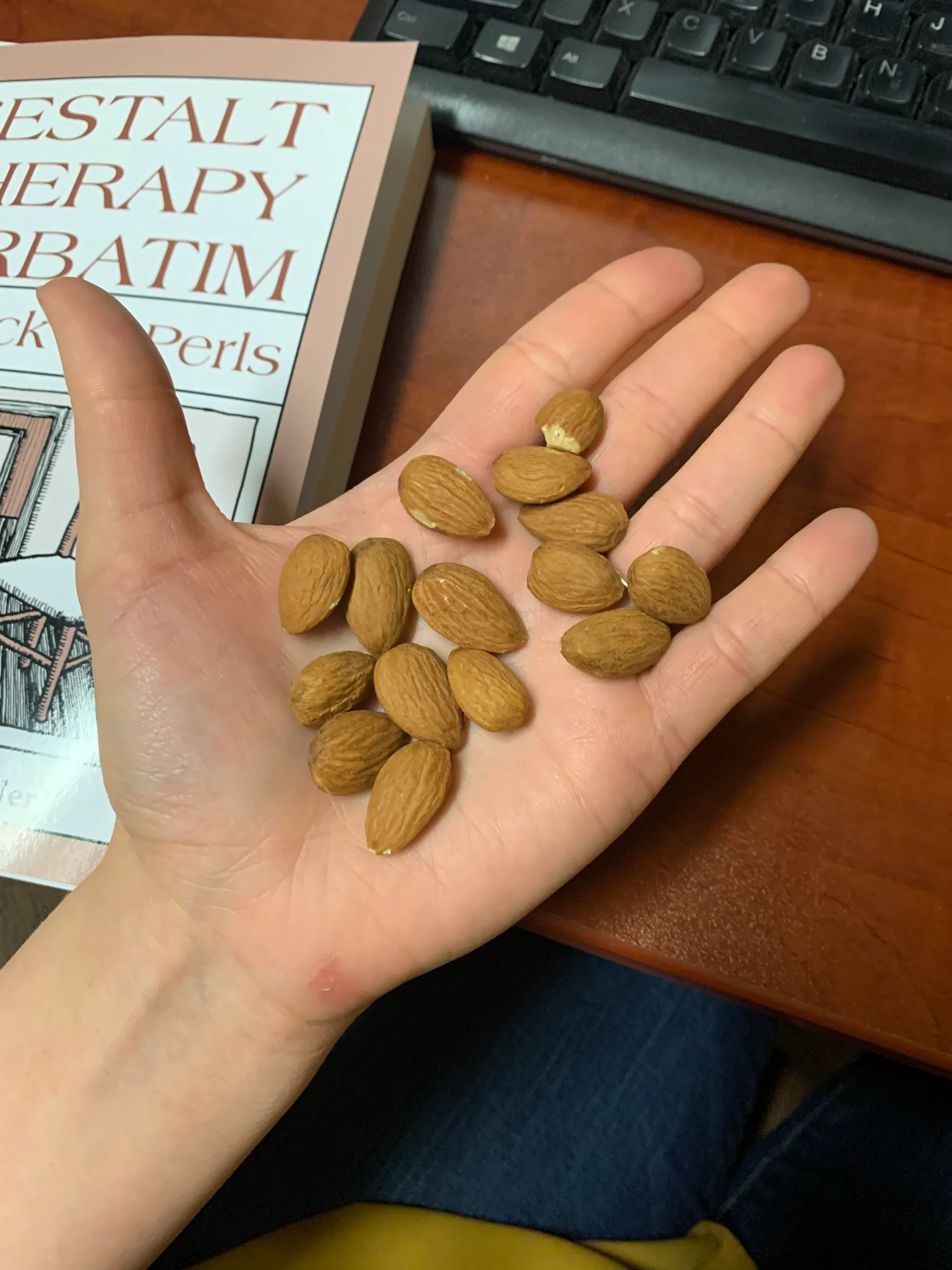
image source: reddit.com
Consider adding magnesium-rich toppings to meals such as pumpkin seeds on salads or almonds on yogurt: Sprinkling magnesium-rich toppings like pumpkin seeds, almonds, or sunflower seeds onto your meals and snacks is an easy way to increase your magnesium intake.
82. Be patient and consistent with your magnesium supplementation or dietary changes
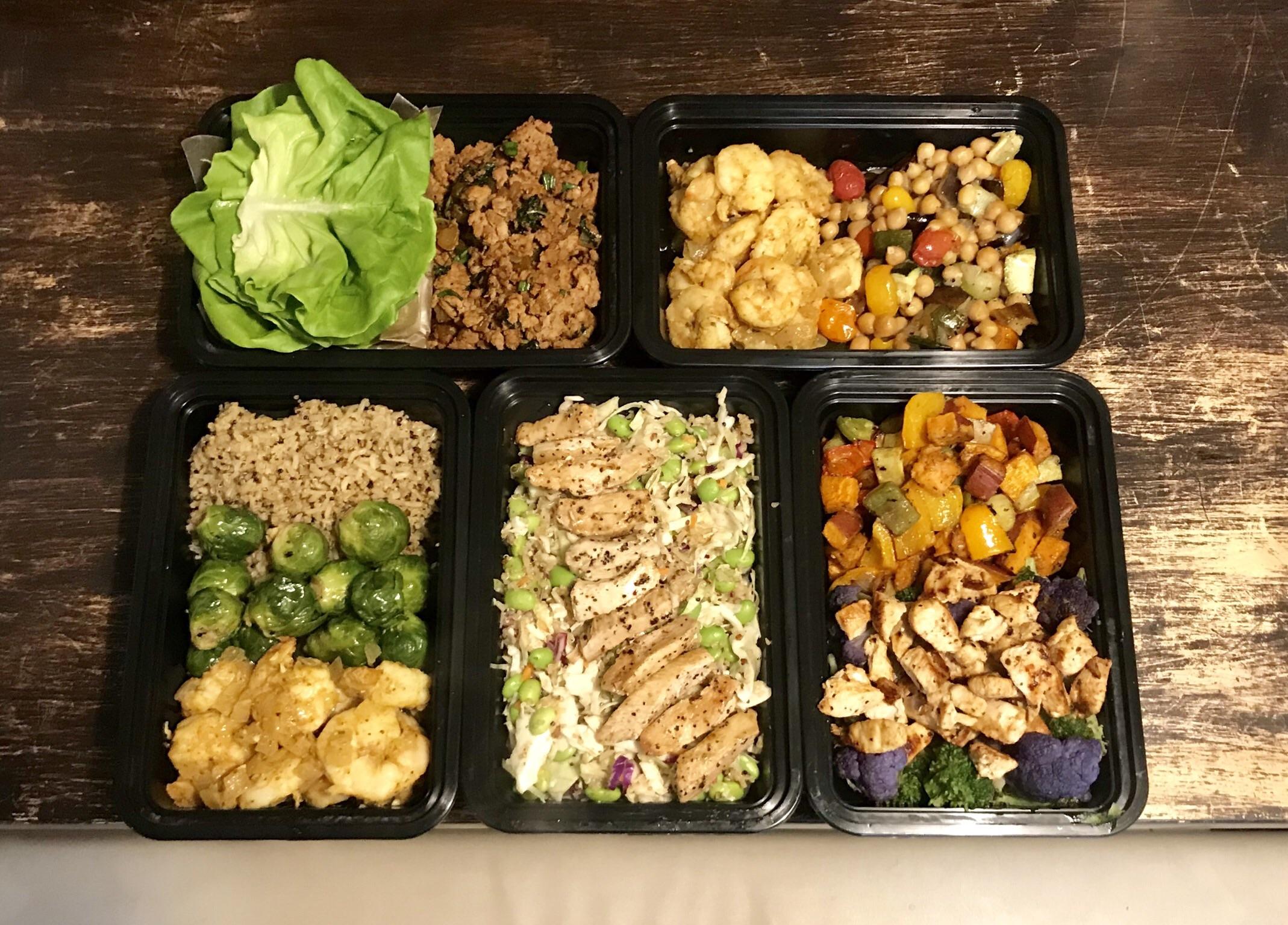
image source: reddit.com
Be patient and consistent with your magnesium supplementation or dietary changes As it may take time to see improvements in symptoms. Addressing a magnesium deficiency and restoring optimal levels in the body is a gradual process that requires patience and consistency.
83. Consider adding magnesium-rich herbs and spices to your cooking, such as turmeric, cumin, and cloves
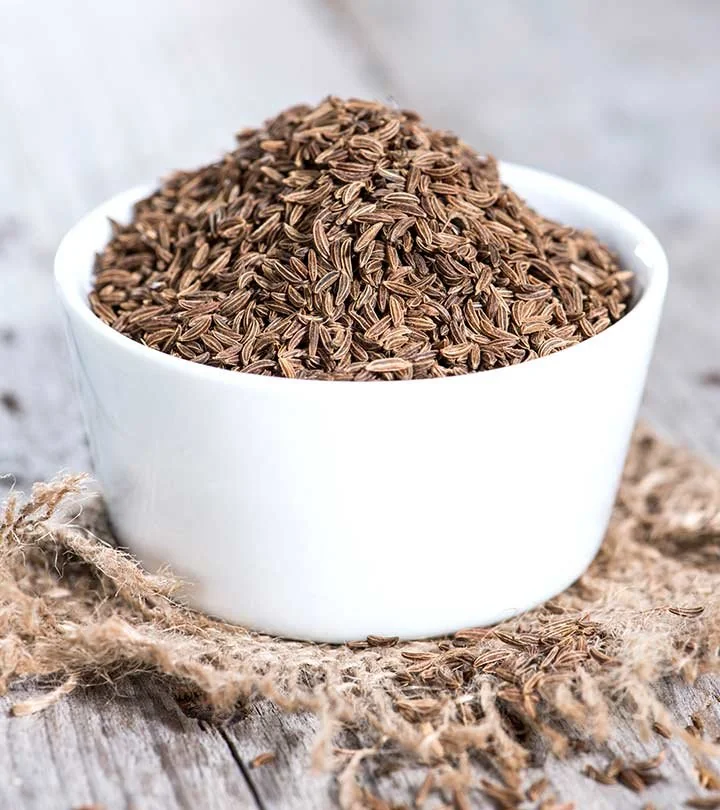
image source: reddit.com
Herbs and spices not only add flavor to your meals but also contribute small amounts of magnesium. Incorporate herbs and spices like turmeric, cumin, cloves, and black pepper into your cooking to enhance the nutritional value of your dishes while adding depth of flavor.
84. Be cautious with laxatives and antacids containing magnesium, as they can contribute to excessive magnesium intake

image source: reddit.com
While laxatives and antacids containing magnesium can be helpful for relieving constipation or heartburn, they can also lead to excessive magnesium intake if used excessively. Use these medications as directed and consult with a healthcare provider if you're concerned about your magnesium levels.
85. Incorporate magnesium-rich foods into your pre- and post-workout snacks to support muscle function and recovery

image source: reddit.com
Magnesium plays a crucial role in muscle function and recovery, making it important to include magnesium-rich foods in your pre- and post-workout snacks. Choose snacks like Greek yogurt with nuts, a banana with almond butter, or a smoothie with spinach and seeds to support optimal muscle health.
86. Discuss magnesium supplementation with your healthcare provider if you're pregnant or breastfeeding

image source: reddit.com
Discuss magnesium supplementation with your healthcare provider if you're pregnant or breastfeeding, as magnesium needs may vary during these times. Pregnancy and breastfeeding can increase magnesium requirements due to the growing baby's needs and increased nutrient demands.
87. Consider magnesium-infused water or beverages as a convenient way to increase your intake

image source: Healthline
Magnesium-infused water or beverages are readily available and offer a convenient way to increase your magnesium intake on the go. Look for brands that offer naturally sourced magnesium or add magnesium-rich mineral water to your hydration routine. Remember, hydration is key.
88. Be mindful of portion sizes when consuming magnesium-rich foods to avoid excessive calorie intake

image source: reddit.com
While magnesium-rich foods are nutritious, it's important to be mindful of portion sizes, especially if you're watching your calorie intake. Enjoy a balanced diet that includes a variety of magnesium-rich foods while maintaining portion control to support overall health and wellness.
89. Experiment with magnesium-rich smoothie recipes using ingredients like spinach, yogurt, and nuts
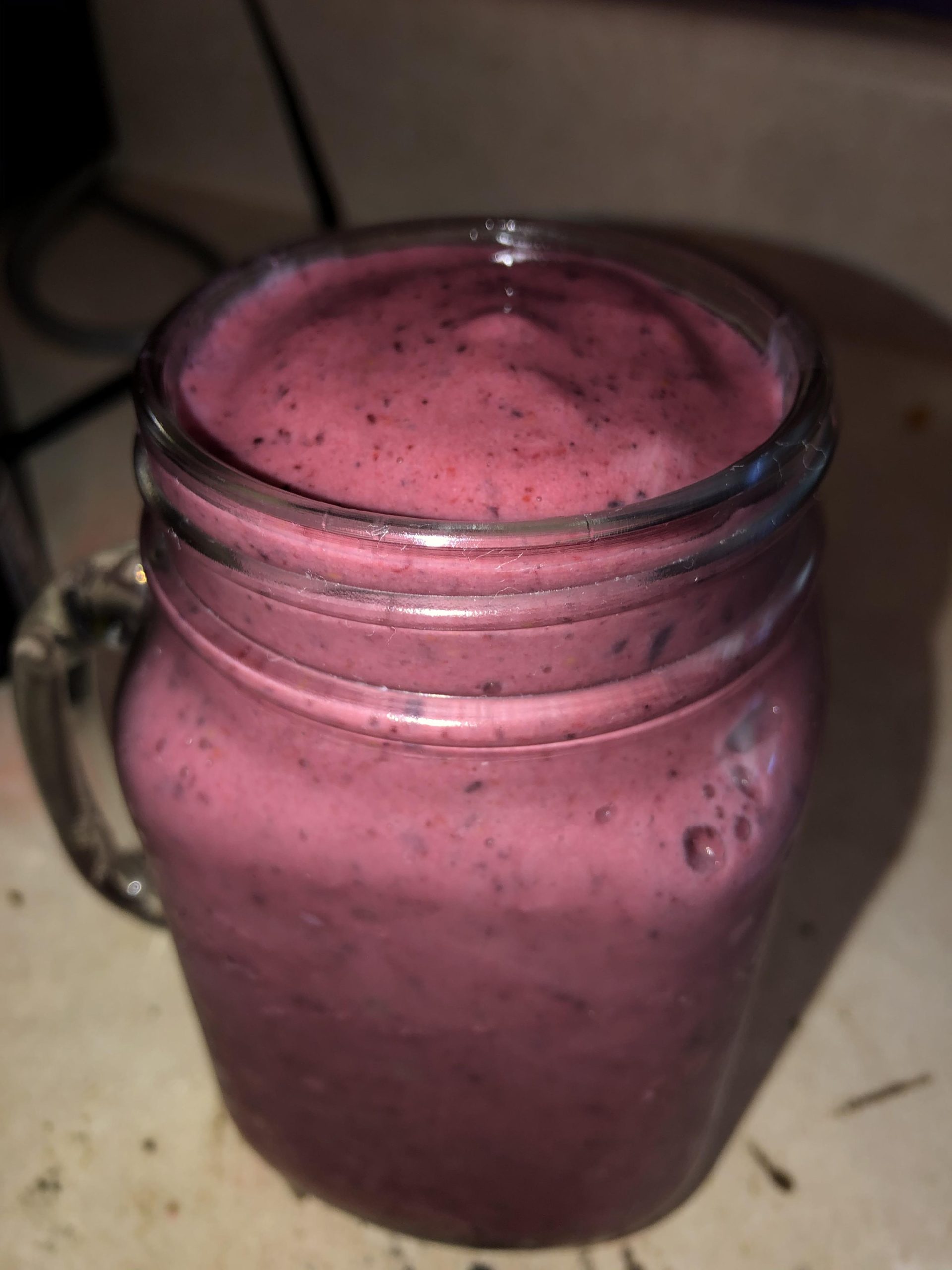
image source: reddit.com
Smoothies are a versatile and delicious way to incorporate magnesium-rich ingredients into your diet. Blend together ingredients like spinach, Greek yogurt, bananas, nuts, and seeds for a nutrient-packed smoothie that supports optimal magnesium levels.
90. Avoid smoking, as it can interfere with magnesium absorption and increase the risk of deficiency

image source: reddit.com
Smoking has been shown to impair magnesium absorption in the intestines and increase urinary excretion of magnesium, leading to lower magnesium levels in the body. If you smoke, consider quitting to support optimal magnesium status and overall health.
91. Consider cooking with magnesium-rich oils like pumpkin seed oil or flaxseed oil
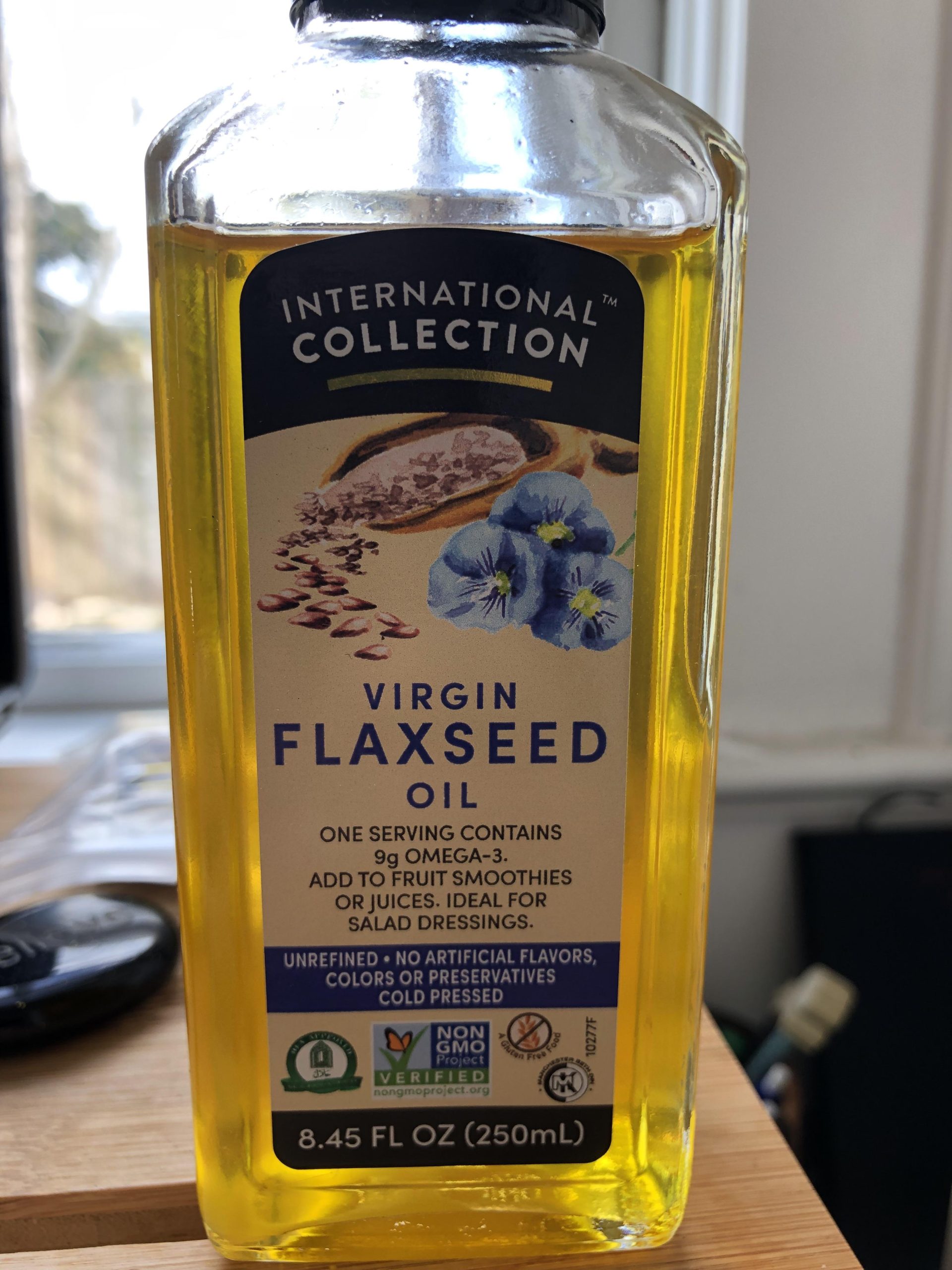
image source: reddit.com
Cooking oils derived from magnesium-rich sources like pumpkin seeds or flaxseeds can add both flavor and nutritional value to your meals. Use these oils in salad dressings, marinades, or drizzle them over cooked dishes to increase your magnesium intake while enhancing the taste of your food.
92. Be aware of symptoms that may indicate magnesium deficiency, such as muscle cramps, fatigue, and irregular heartbeat

image source: reddit.com
Recognizing the signs of magnesium deficiency is important for prompt intervention and treatment. Symptoms like muscle cramps, fatigue, weakness, and irregular heartbeat may indicate low magnesium levels and should be discussed with a healthcare provider for proper evaluation and management.
93. Discuss magnesium supplementation with your healthcare provider
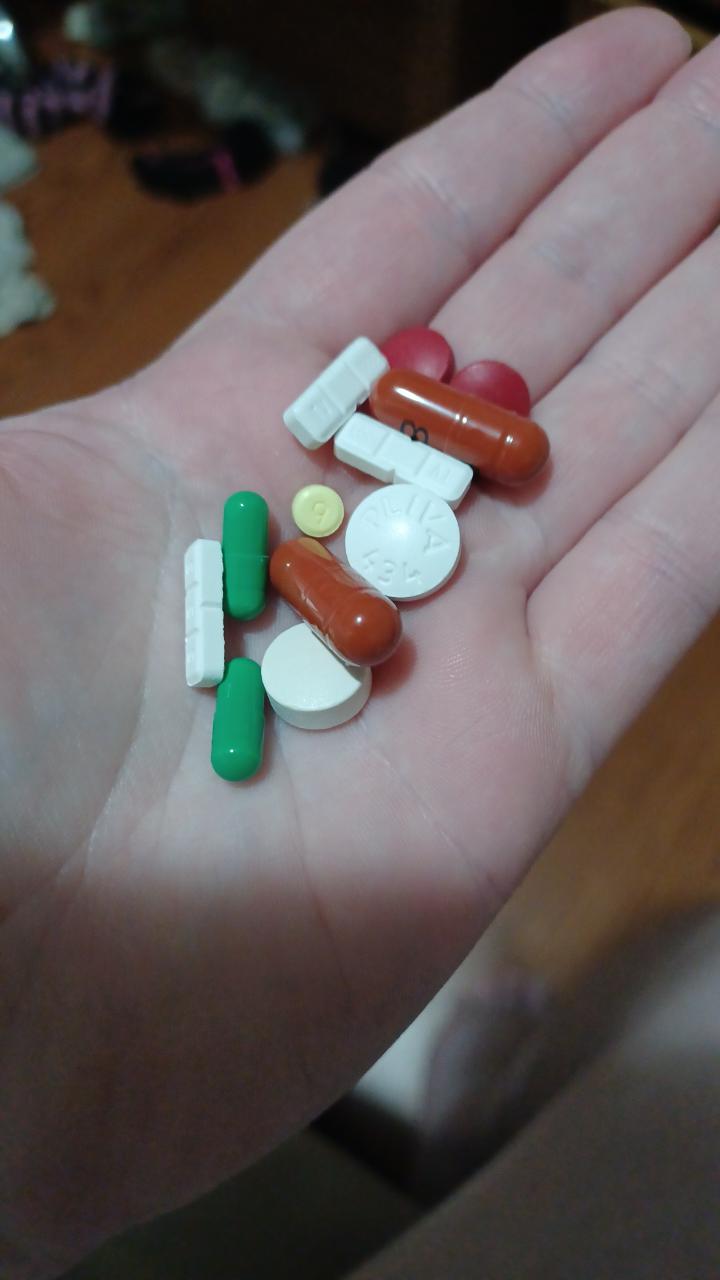
image source: reddit.com
Conditions like kidney disease can disrupt magnesium balance in the body. Kidneys, responsible for magnesium regulation, struggle to eliminate excess magnesium in such conditions, leading to potential deficiency or toxicity risks. Monitoring magnesium levels and adjusting intake or supplementation under medical guidance is crucial for those with kidney disease.
94. Consider magnesium-rich snacks like trail mix with nuts and seeds for convenient on-the-go nutrition
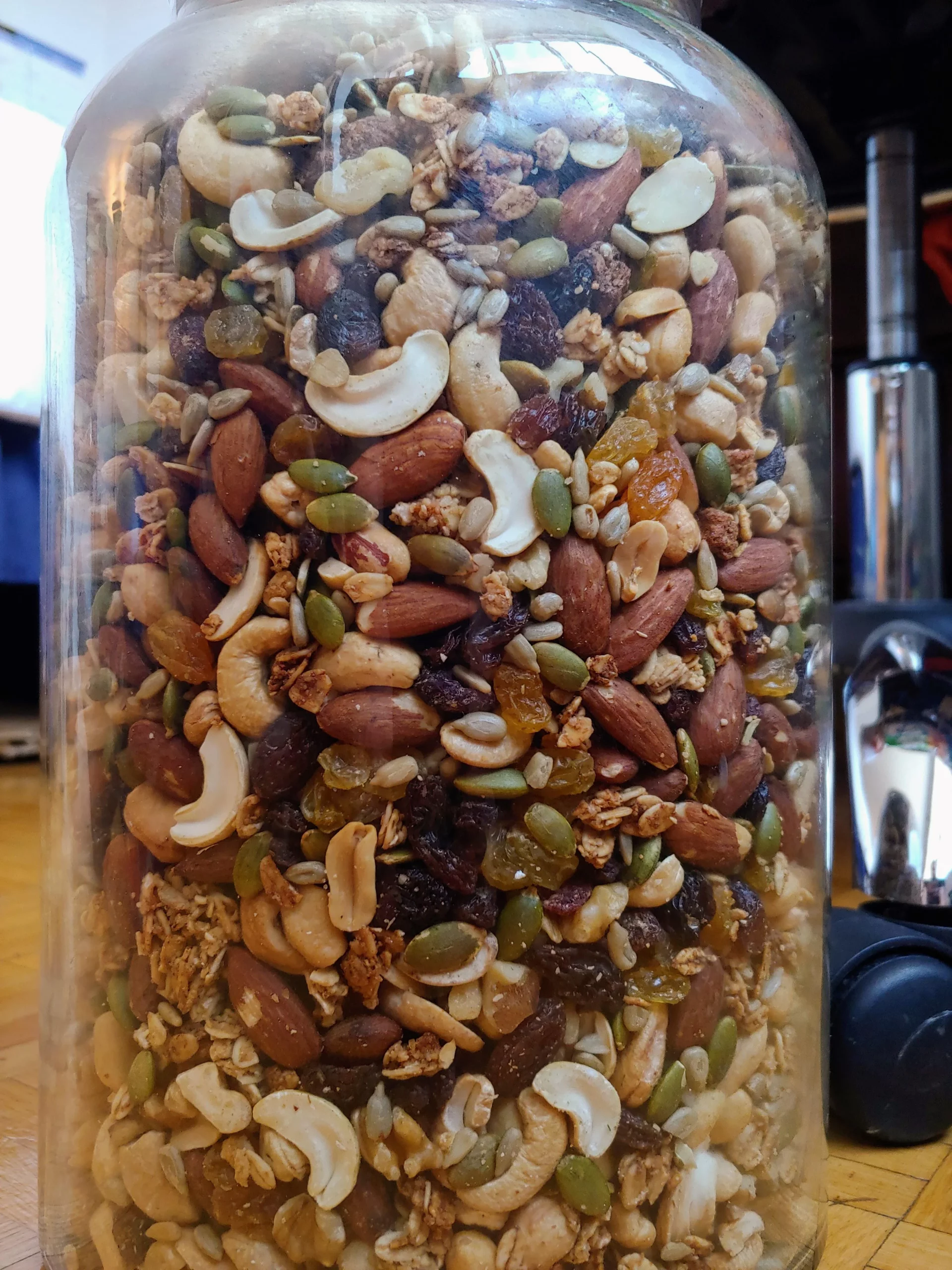
image source: reddit.com
Snacking on magnesium-rich foods like nuts, seeds, and dried fruits can provide a convenient way to boost your magnesium intake throughout the day. Prepare trail mix with a variety of magnesium-rich ingredients for a portable and nutritious snack option.
95. Be cautious with magnesium supplementation if you have a history of kidney stones, as high doses of magnesium can increase the risk of stone formation

image source: reddit.com
Excessive intake of magnesium supplements, particularly in the form of magnesium oxide, may increase the risk of kidney stone formation in susceptible individuals. If you have a history of kidney stones, consult with your healthcare provider before starting magnesium supplementation.
96. Experiment with magnesium-rich side dishes like roasted vegetables seasoned with herbs and spices

image source: reddit.com
Enhance the magnesium content of your meals by incorporating magnesium-rich side dishes like roasted vegetables seasoned with herbs and spices. Choose vegetables like spinach, kale, Swiss chard, and Brussels sprouts, and flavor them with herbs like oregano, thyme, and rosemary for added nutritional benefits.
97. Incorporate magnesium-rich foods into your favorite recipes to boost your intake without drastically changing your diet

image source: reddit.com
Adapt your favorite recipes to include more magnesium-rich ingredients without sacrificing flavor or enjoyment. Swap out ingredients with higher magnesium alternatives, such as using whole grain pasta instead of refined pasta or adding beans to soups and stews for extra nutrition.
98. Be mindful of magnesium content in fortified foods and beverages, but prioritize whole food sources whenever possible
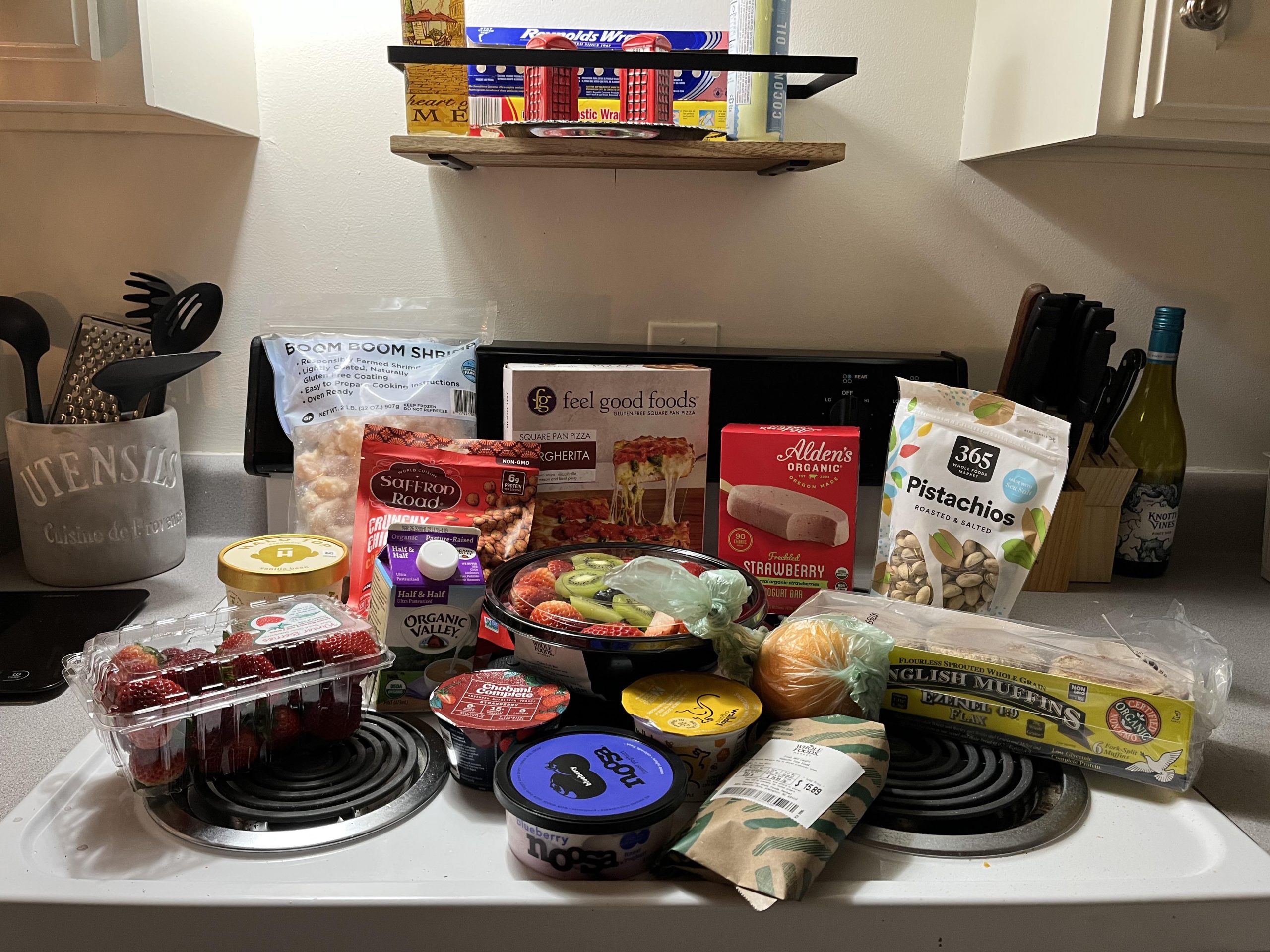
image source: reddit.com
While fortified foods and beverages may provide added magnesium, they often contain additional additives and preservatives. Whenever possible, prioritize whole food sources of magnesium to maximize nutritional benefits and minimize intake of processed ingredients.
99. Consider keeping a food diary to track your magnesium intake and identify areas for improvement

image source: reddit.com
Keeping a food diary can help you become more aware of your magnesium intake and identify patterns or deficiencies in your diet. Track your meals and snacks, along with their magnesium content, to ensure you're meeting your daily requirements and make adjustments as needed.
100. Stay informed about magnesium research and recommendations, as guidelines may evolve over time

image source: reddit.com
Stay up to date with the latest research and recommendations regarding magnesium intake and supplementation to make informed decisions about your health. As scientific understanding evolves, guidelines for magnesium intake and supplementation may change, so it's important to stay informed and consult with healthcare professionals for personalized guidance.
 image source: reddit.com
image source: reddit.com image source: reddit.com
image source: reddit.com image source: reddit.com
image source: reddit.com image source: reddit.com
image source: reddit.com image source: reddit.com
image source: reddit.com image source: reddit.com
image source: reddit.com image source: reddit.com
image source: reddit.com image source: reddit.com
image source: reddit.com image source: reddit.com
image source: reddit.com image source: reddit.com
image source: reddit.com
 image source: reddit.com
image source: reddit.com image source: reddit.com
image source: reddit.com image source: reddit.com
image source: reddit.com image source: reddit.com
image source: reddit.com image source: reddit.com
image source: reddit.com

 image source: reddit.com
image source: reddit.com
 image source: reddit.com
image source: reddit.com image source: reddit.com
image source: reddit.com image source: reddit.com
image source: reddit.com image source: reddit.com
image source: reddit.com image source: reddit.com
image source: reddit.com image source: reddit.com
image source: reddit.com image source: reddit.com
image source: reddit.com
 image source: reddit.com
image source: reddit.com image source: reddit.com
image source: reddit.com image source: reddit.com
image source: reddit.com image source: reddit.com
image source: reddit.com image source: reddit.com
image source: reddit.com
 image source: reddit.com
image source: reddit.com image source: reddit.com
image source: reddit.com image source: reddit.com
image source: reddit.com image source: reddit.com
image source: reddit.com image source: reddit.com
image source: reddit.com image source: reddit.com
image source: reddit.com image source: fastforwardwomeninphotography.com
image source: fastforwardwomeninphotography.com image source: reddit.com
image source: reddit.com image source: reddit.com
image source: reddit.com image source: reddit.com
image source: reddit.com
 image source: reddit.com
image source: reddit.com image source: reddit.com
image source: reddit.com image source: reddit.com
image source: reddit.com image source: reddit.com
image source: reddit.com image source: reddit.com
image source: reddit.com
















































